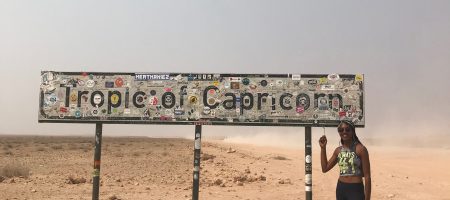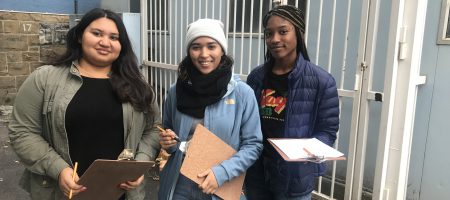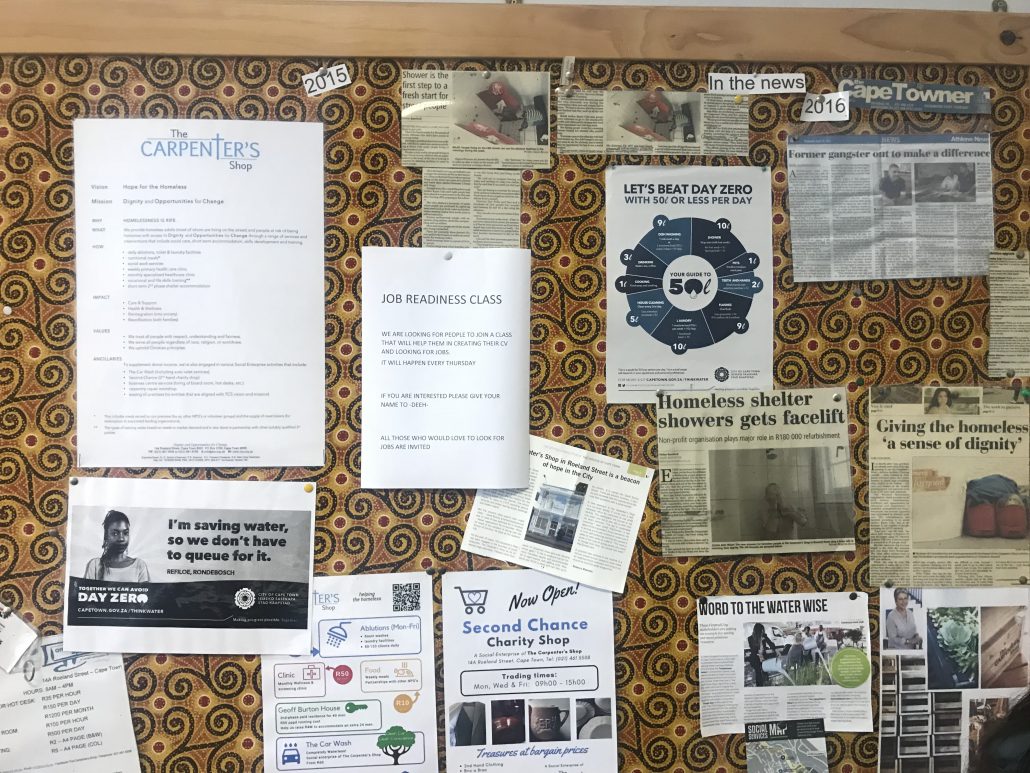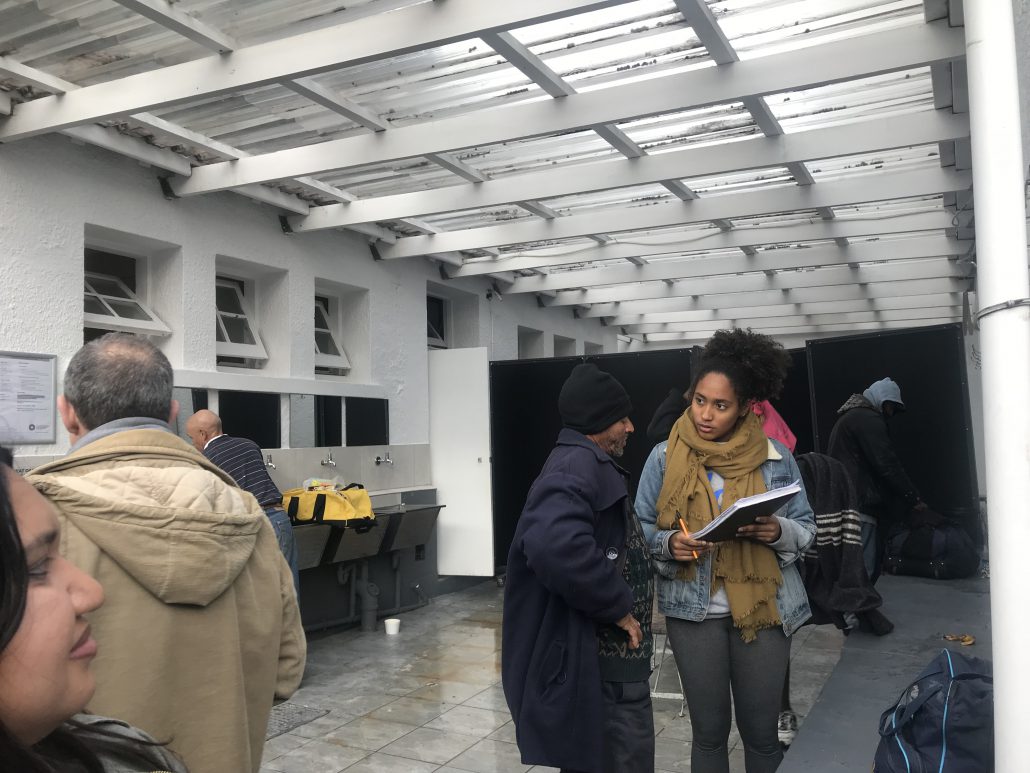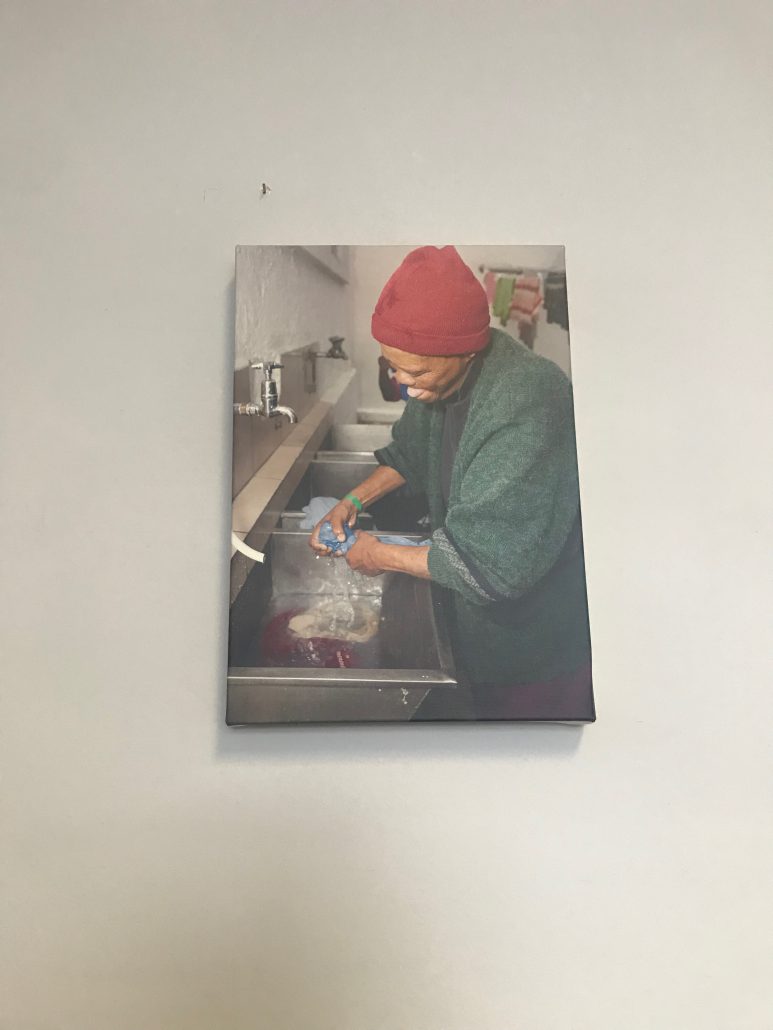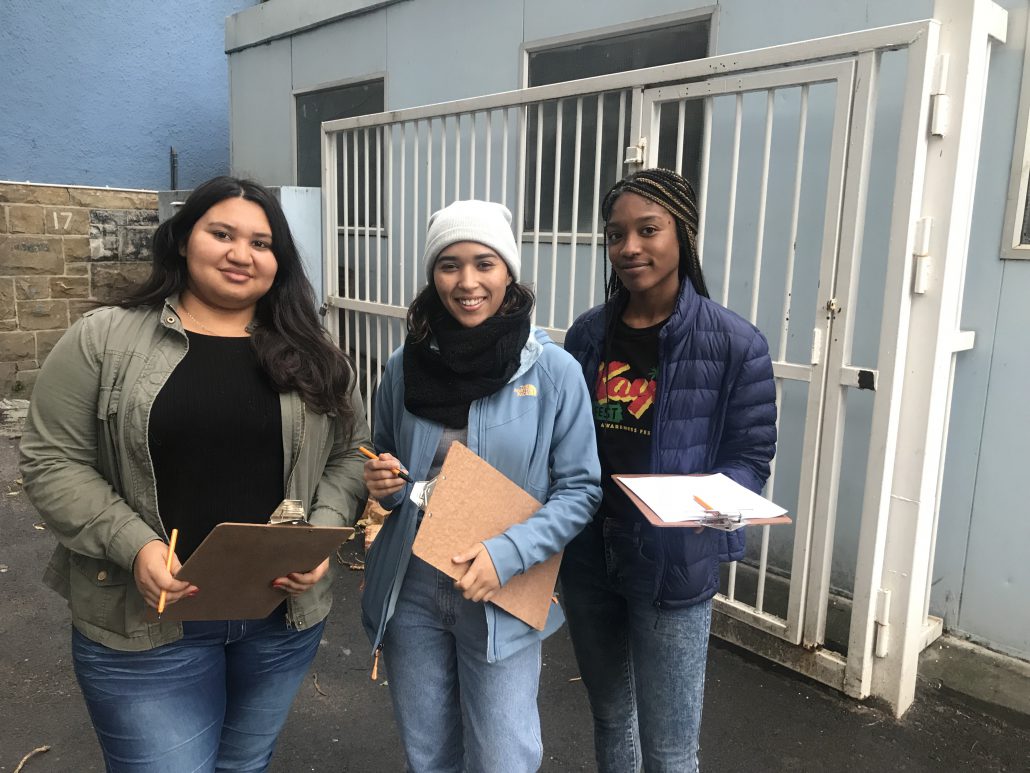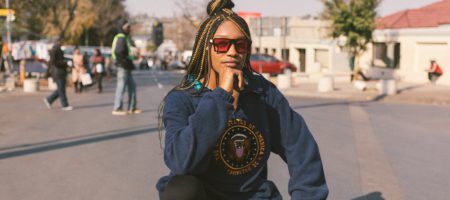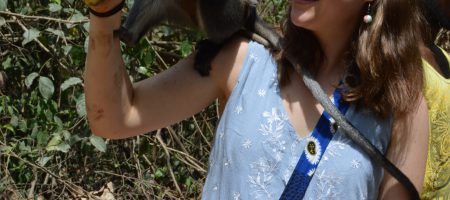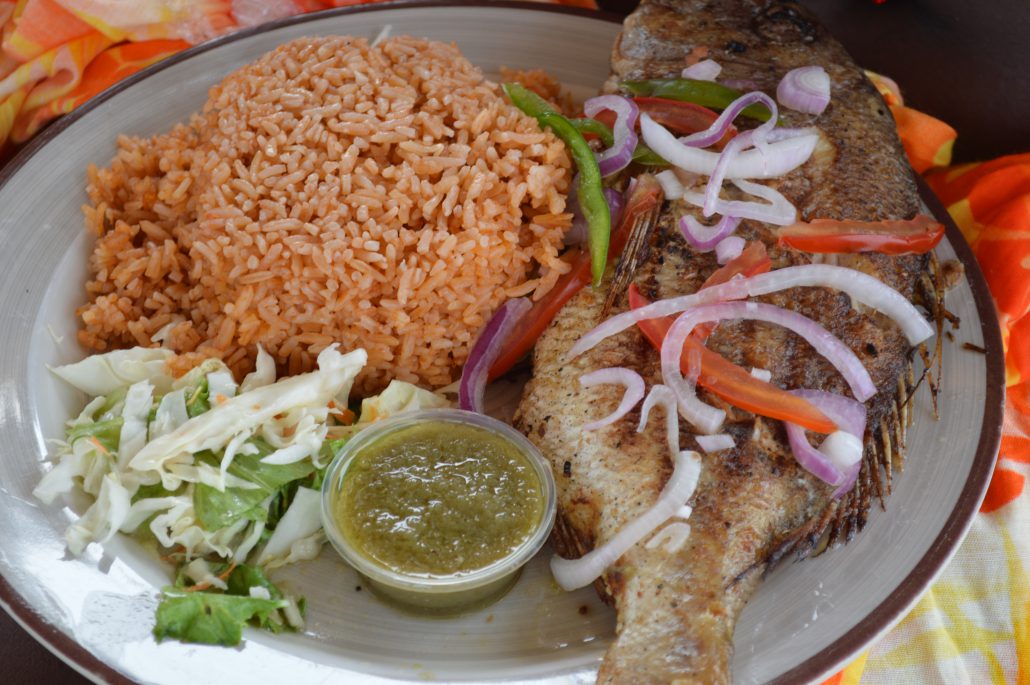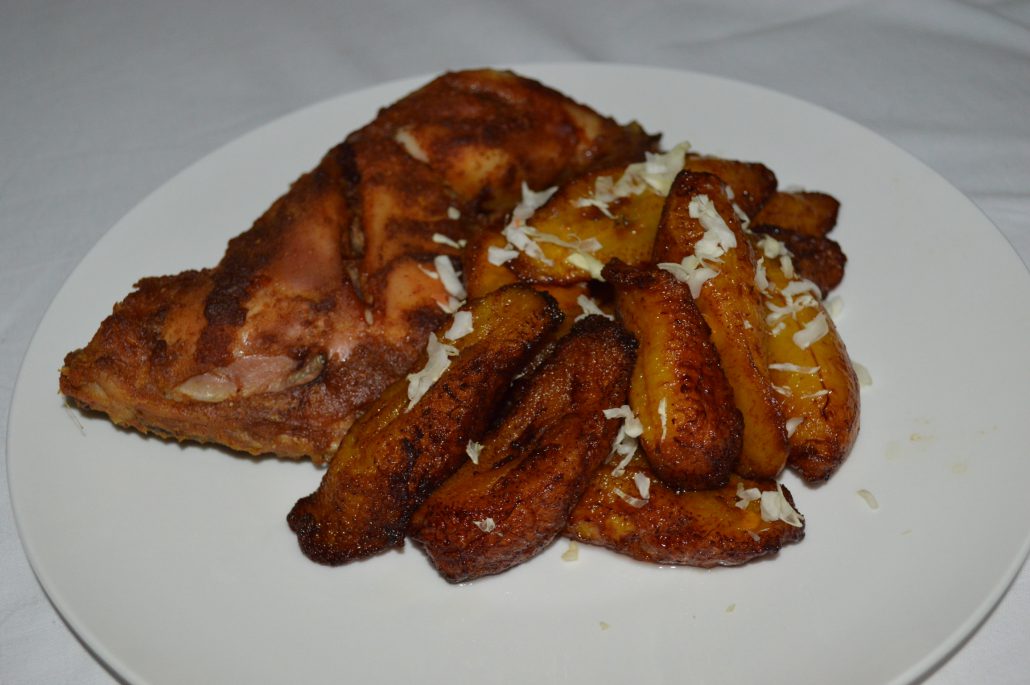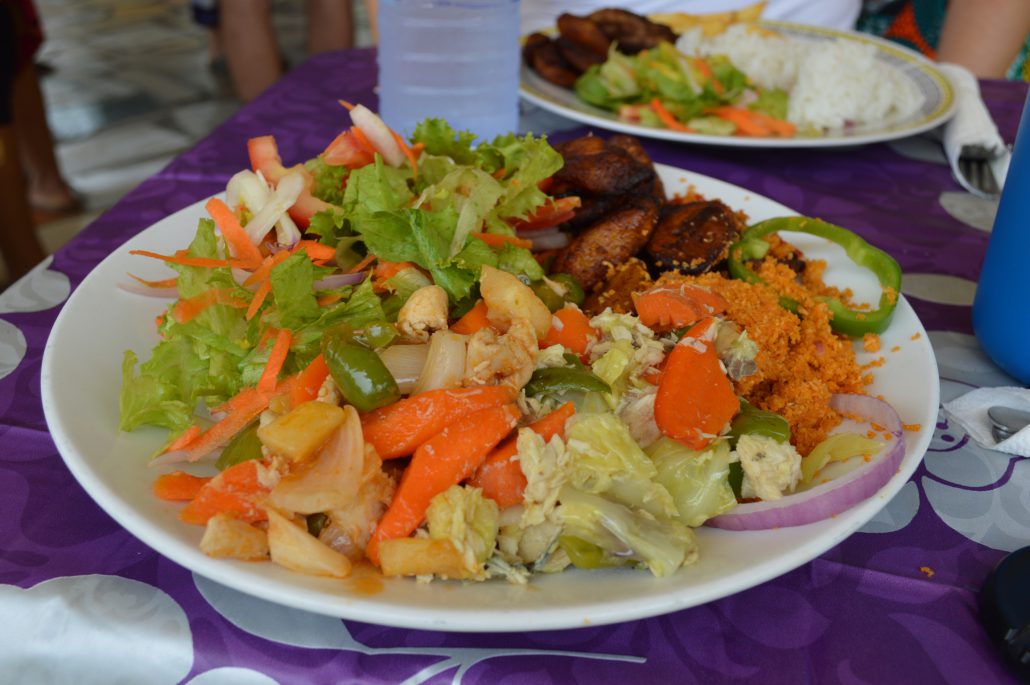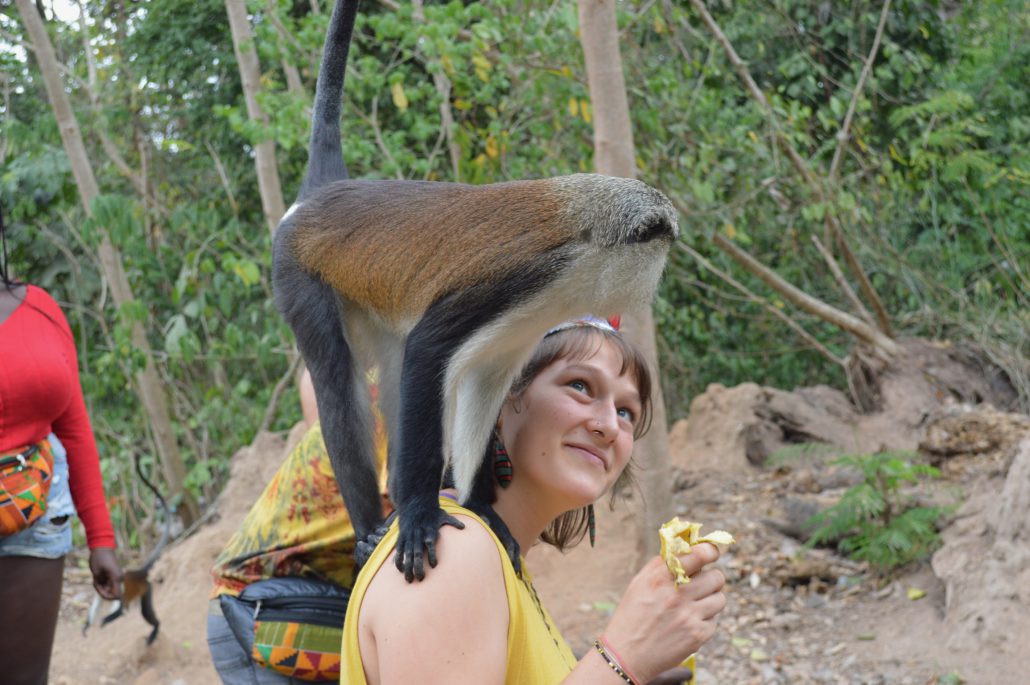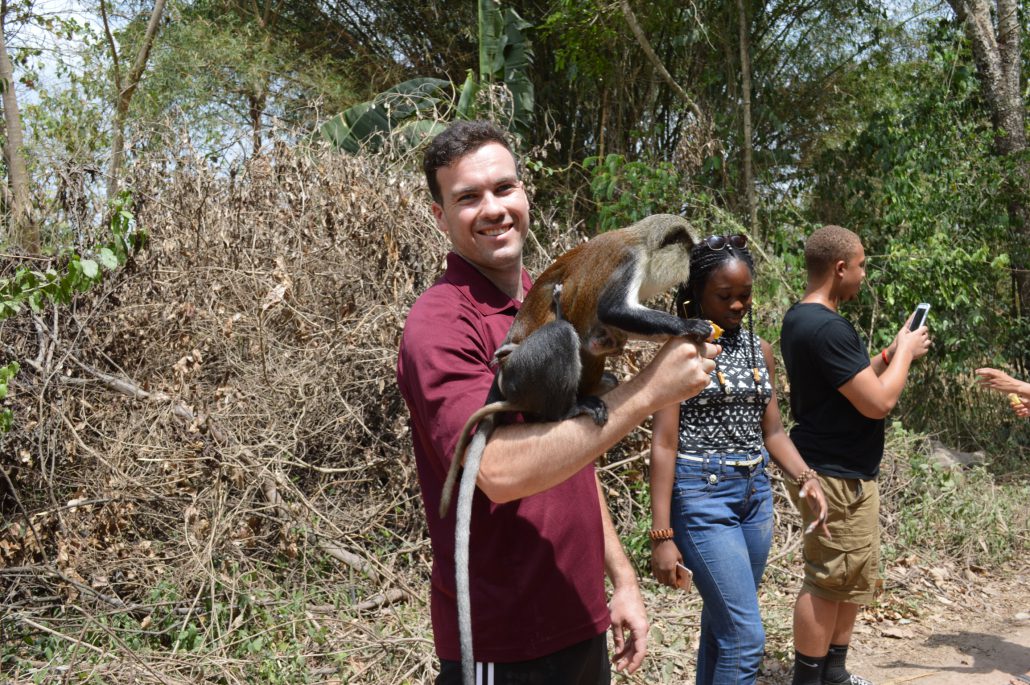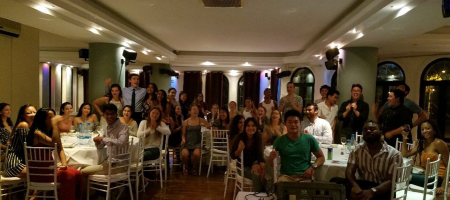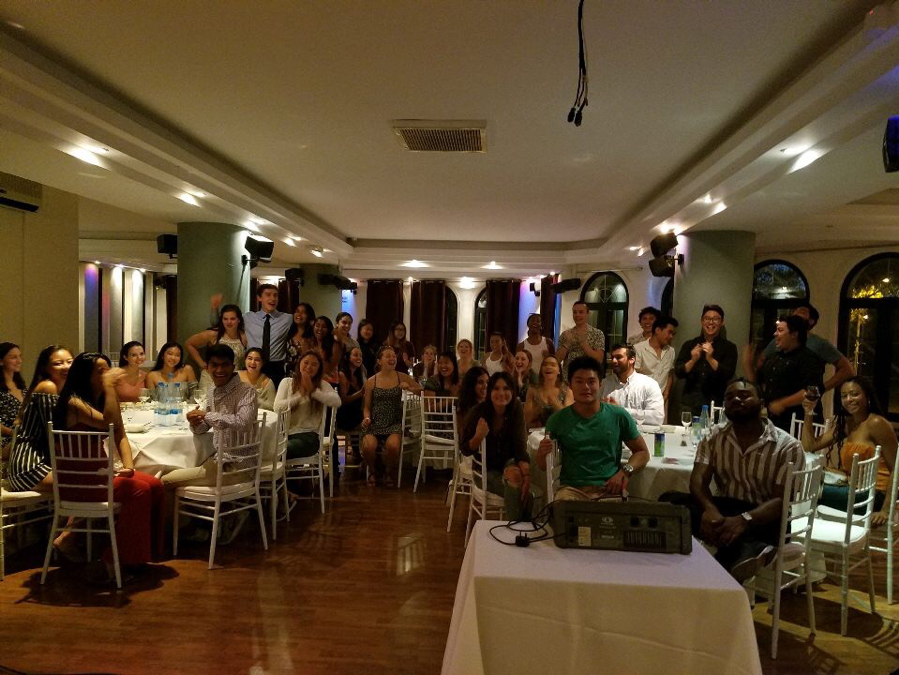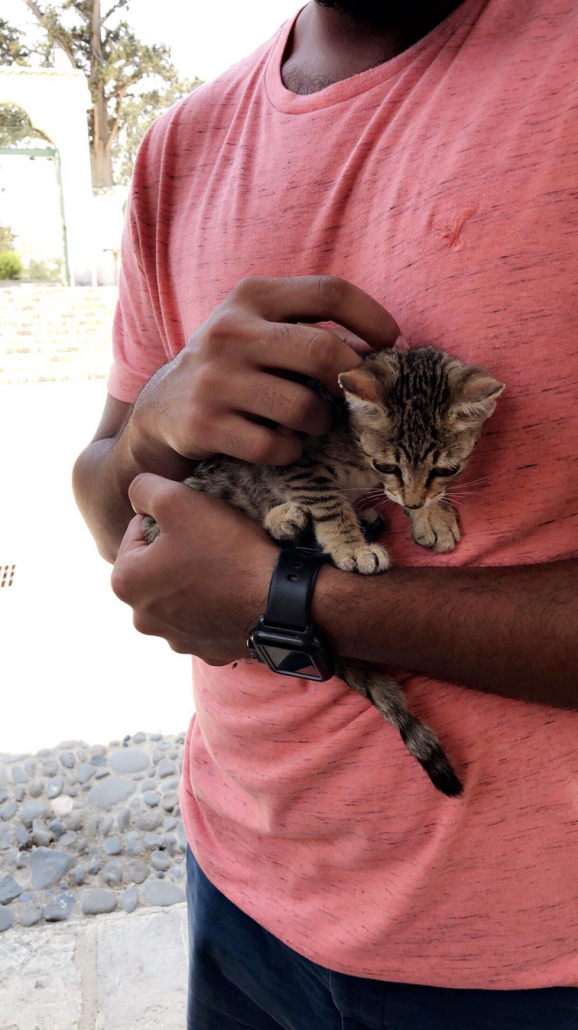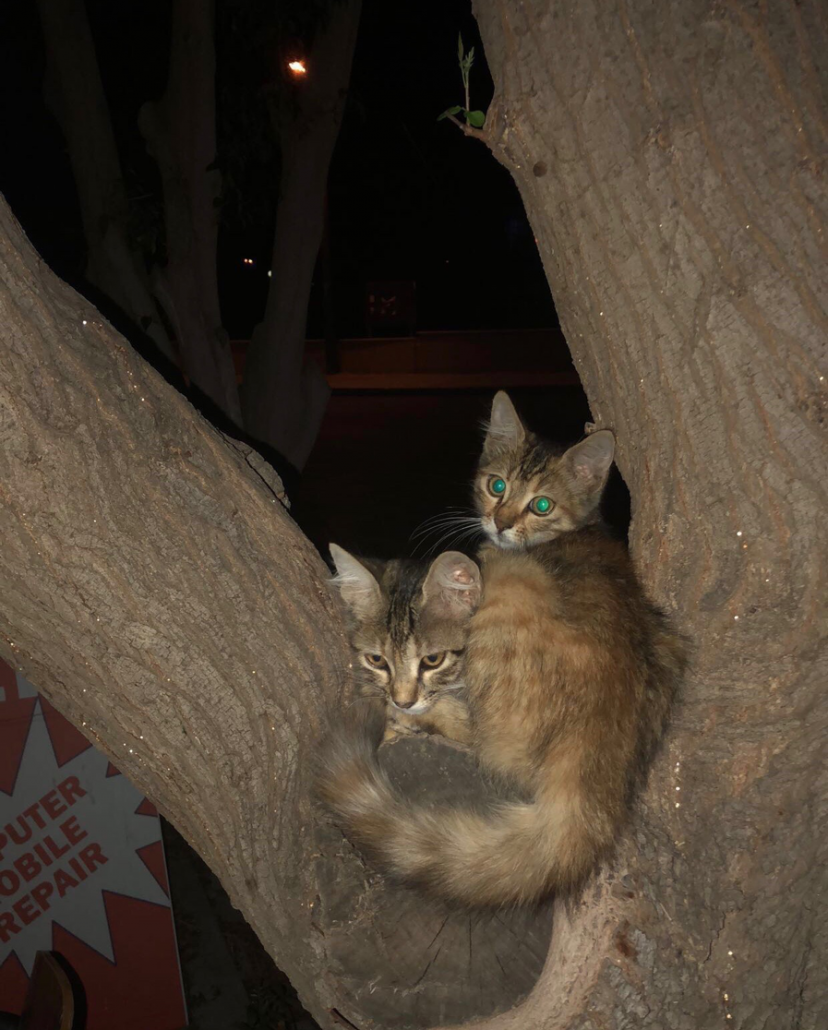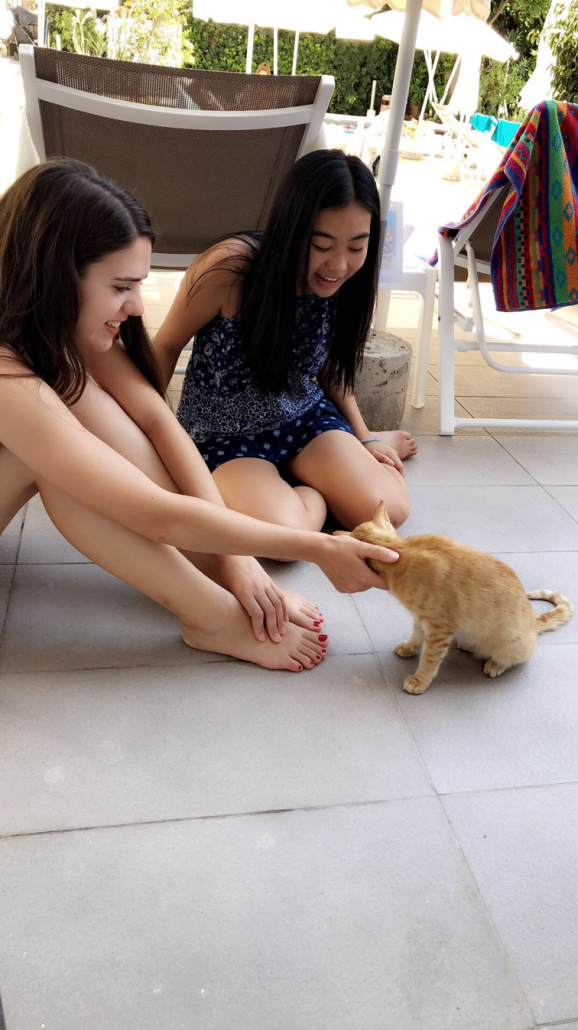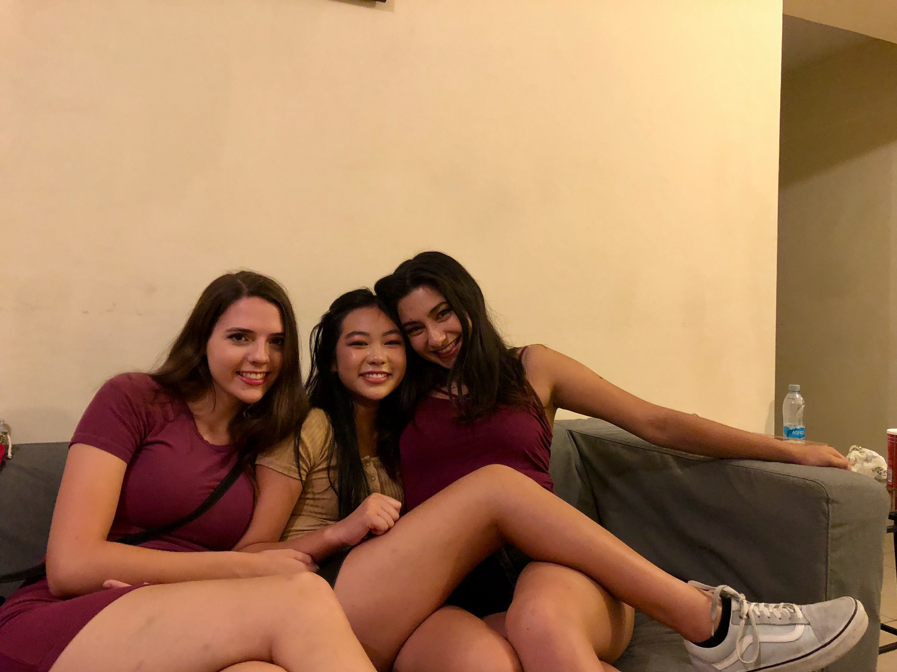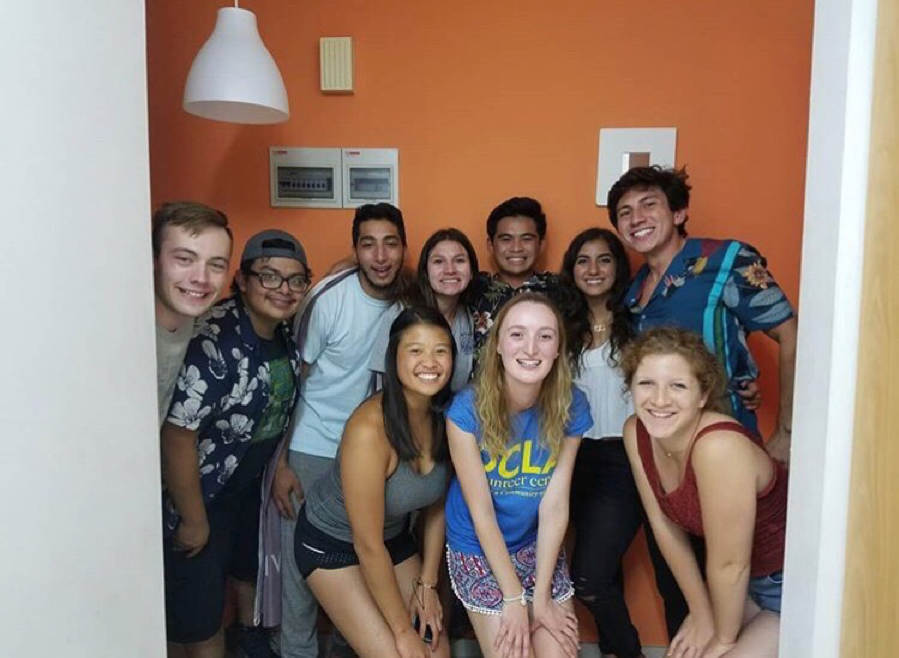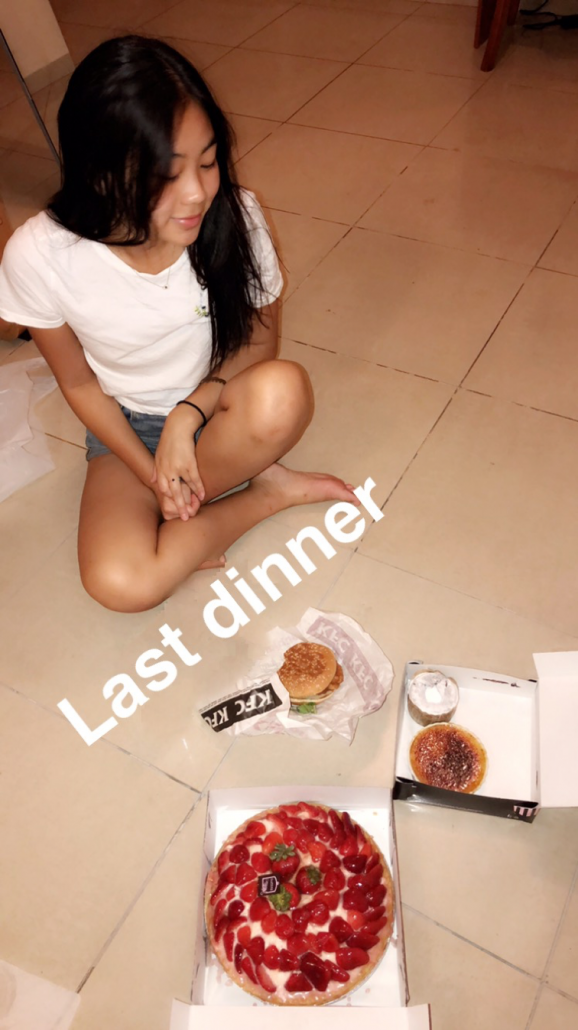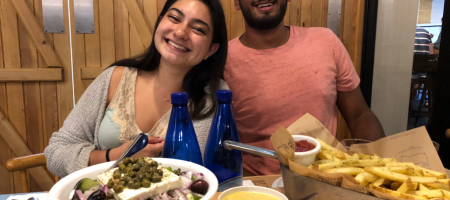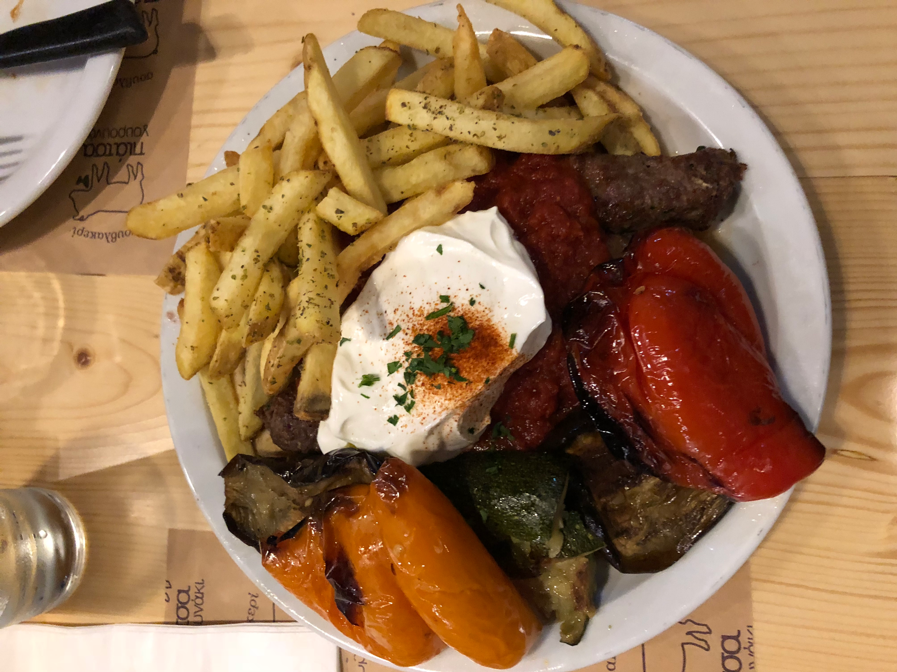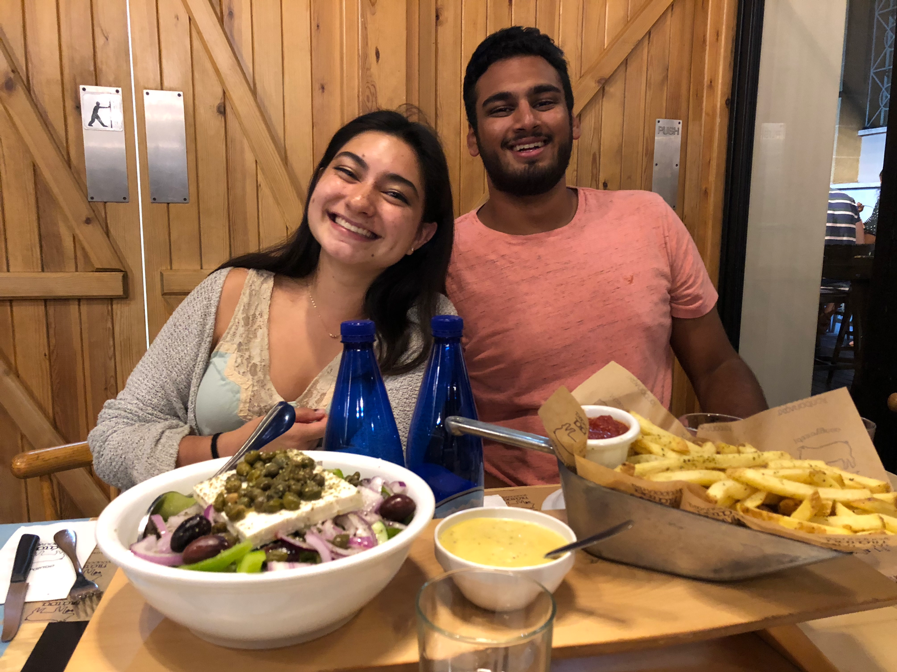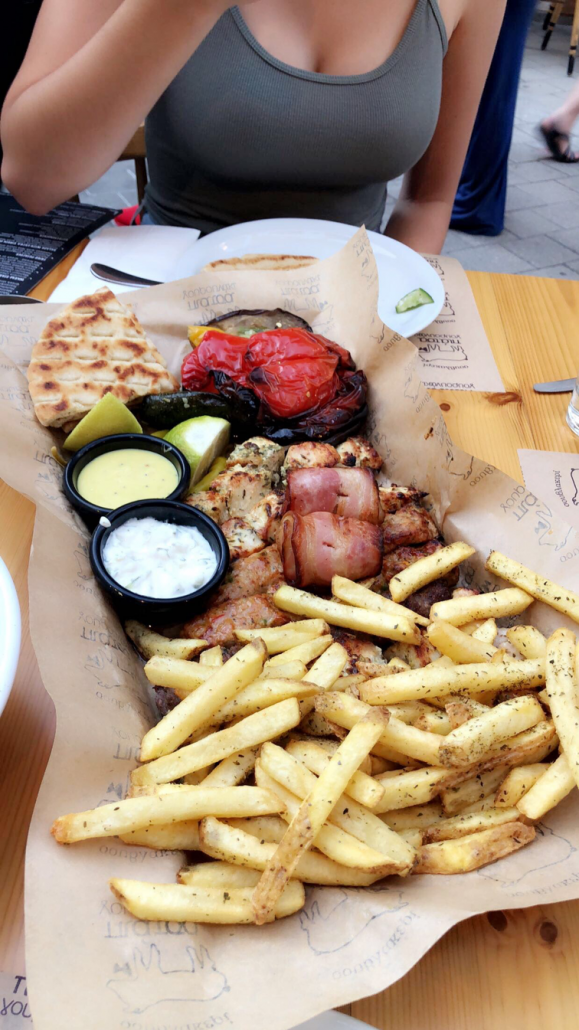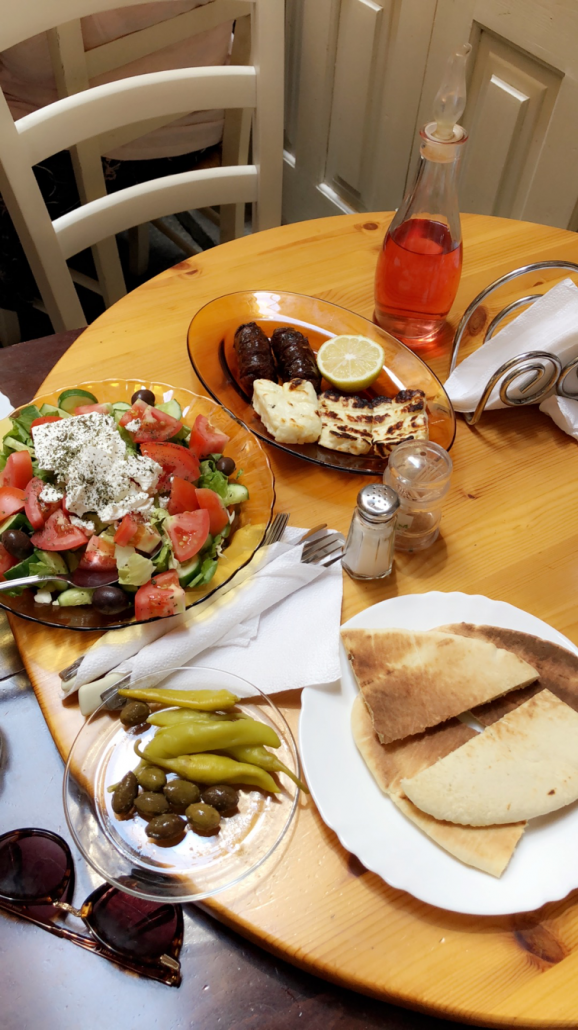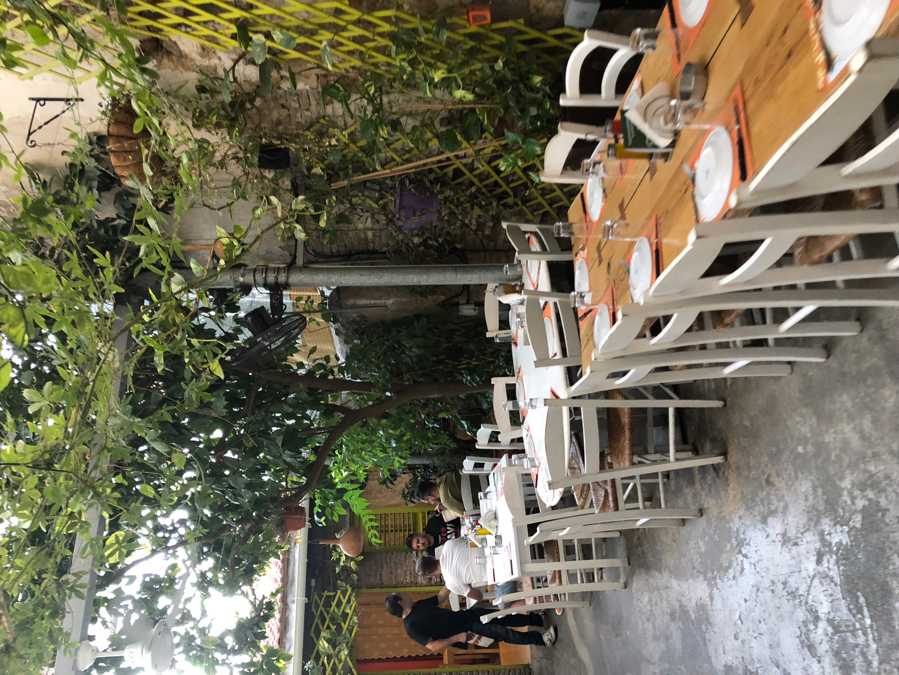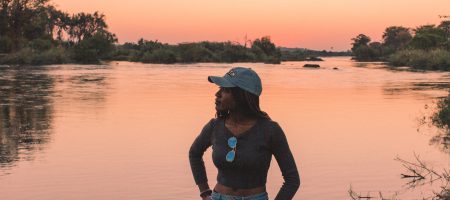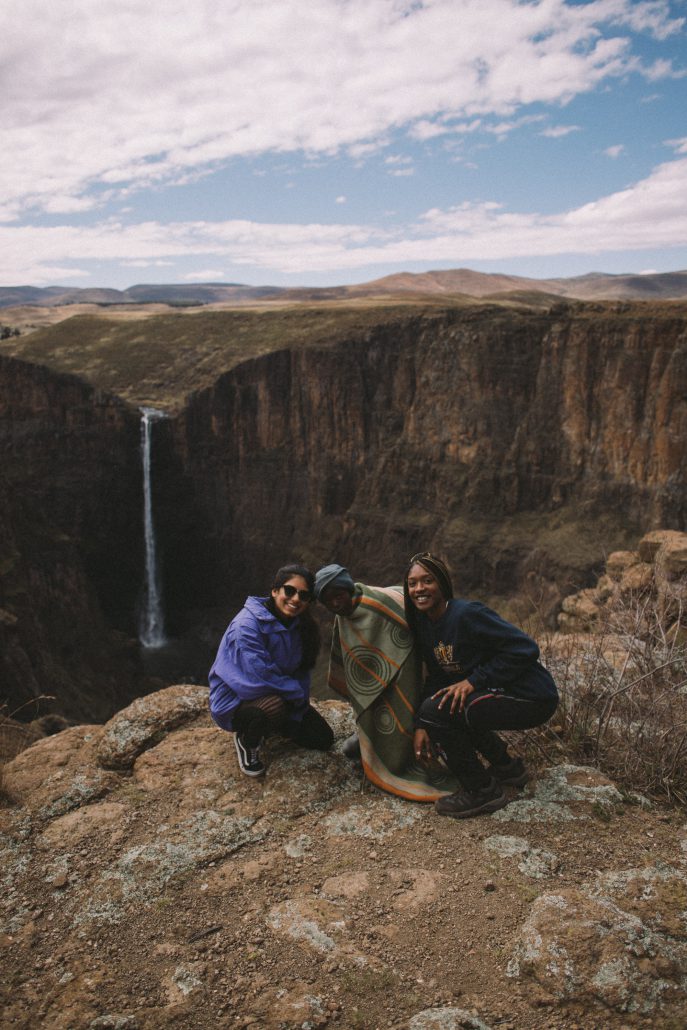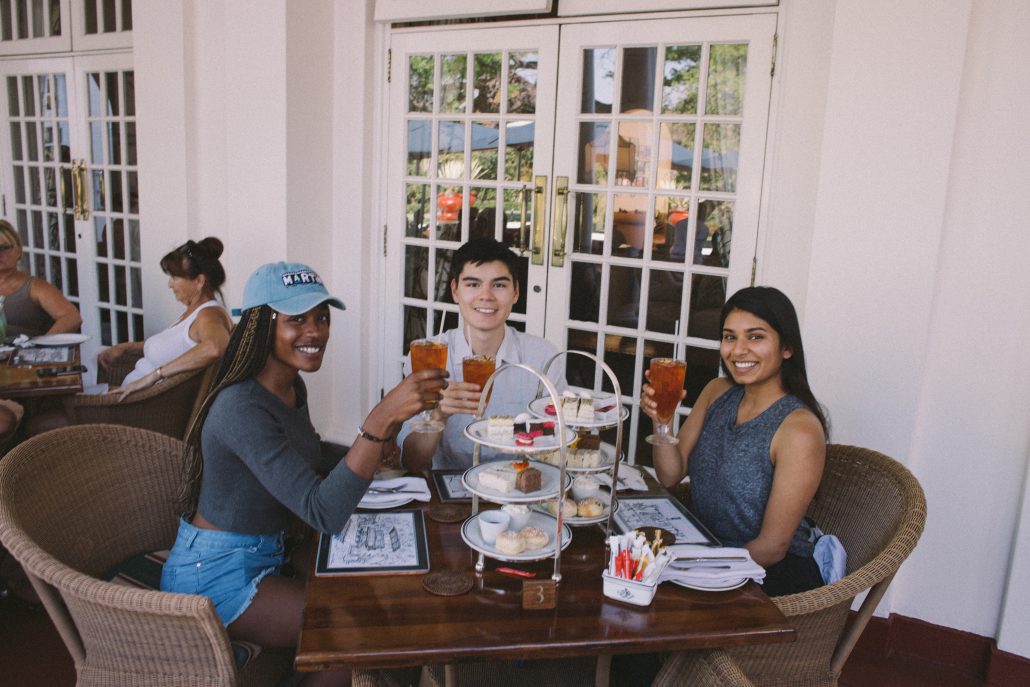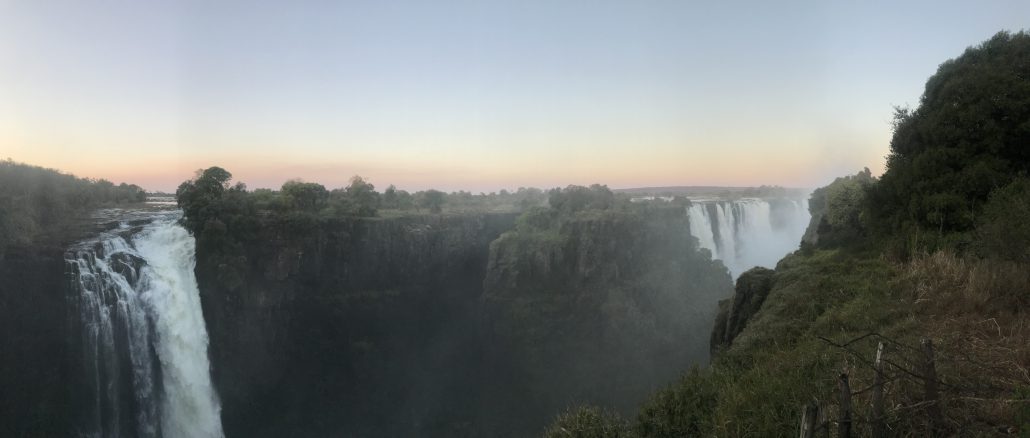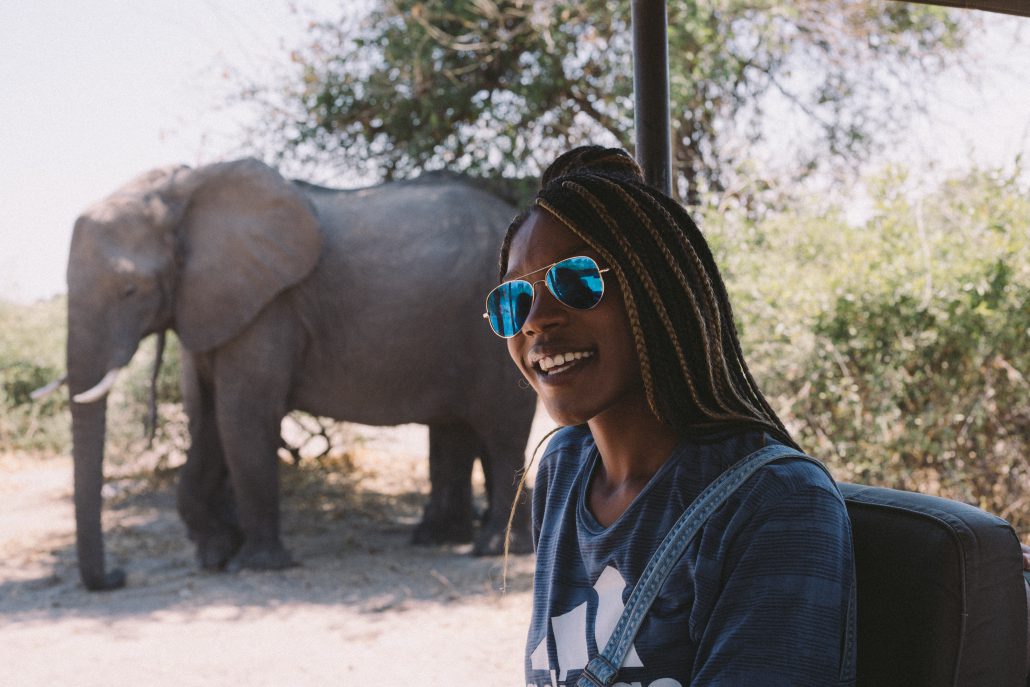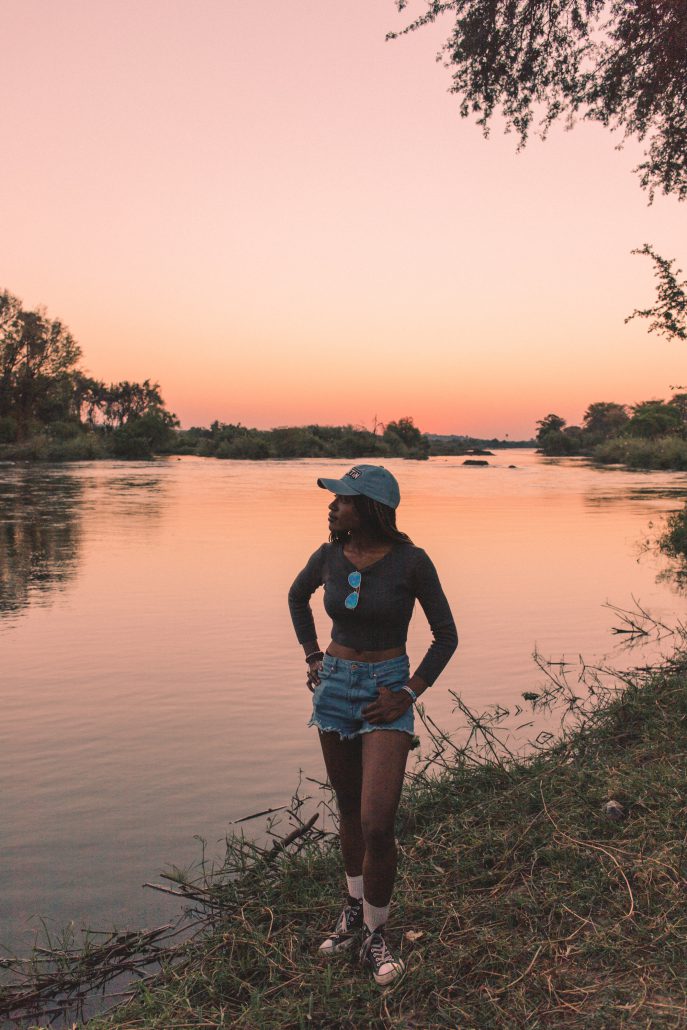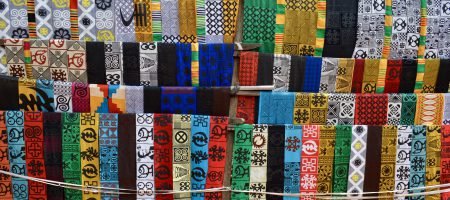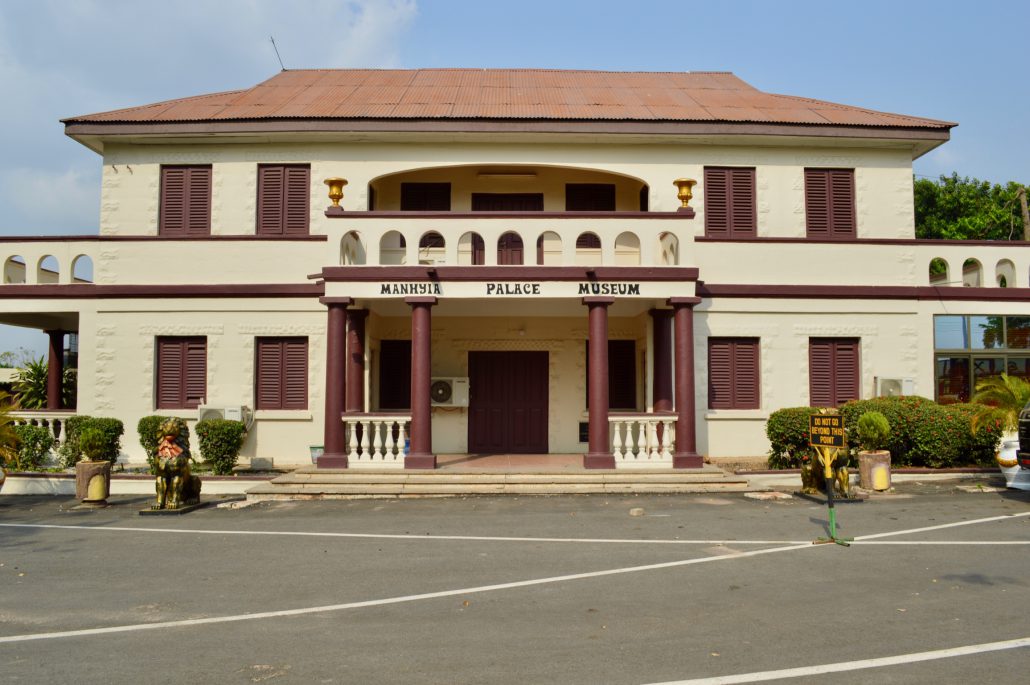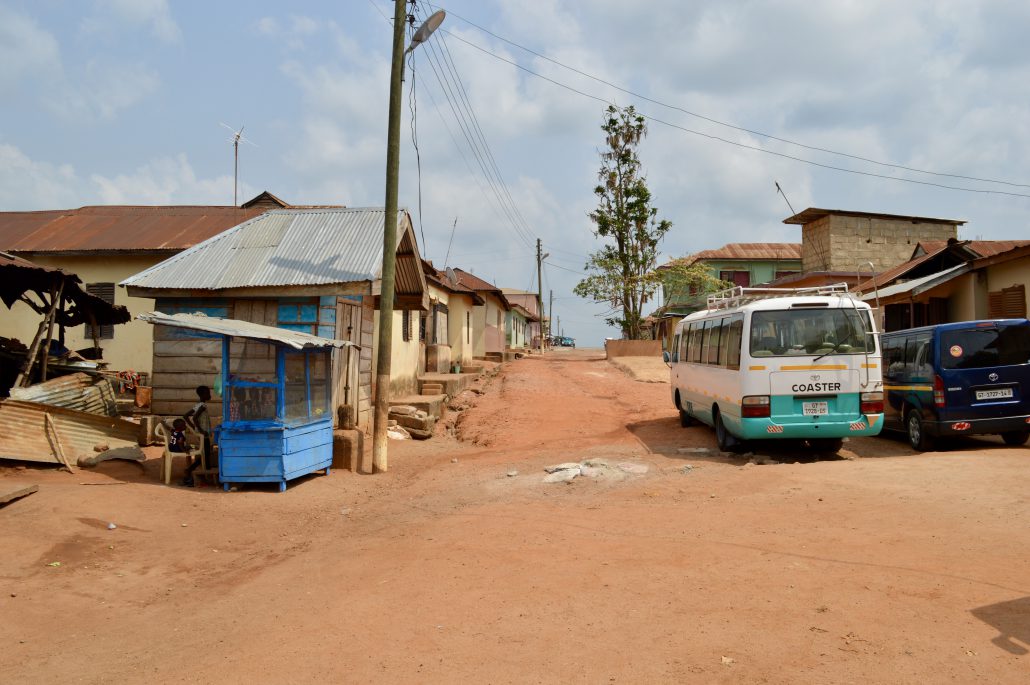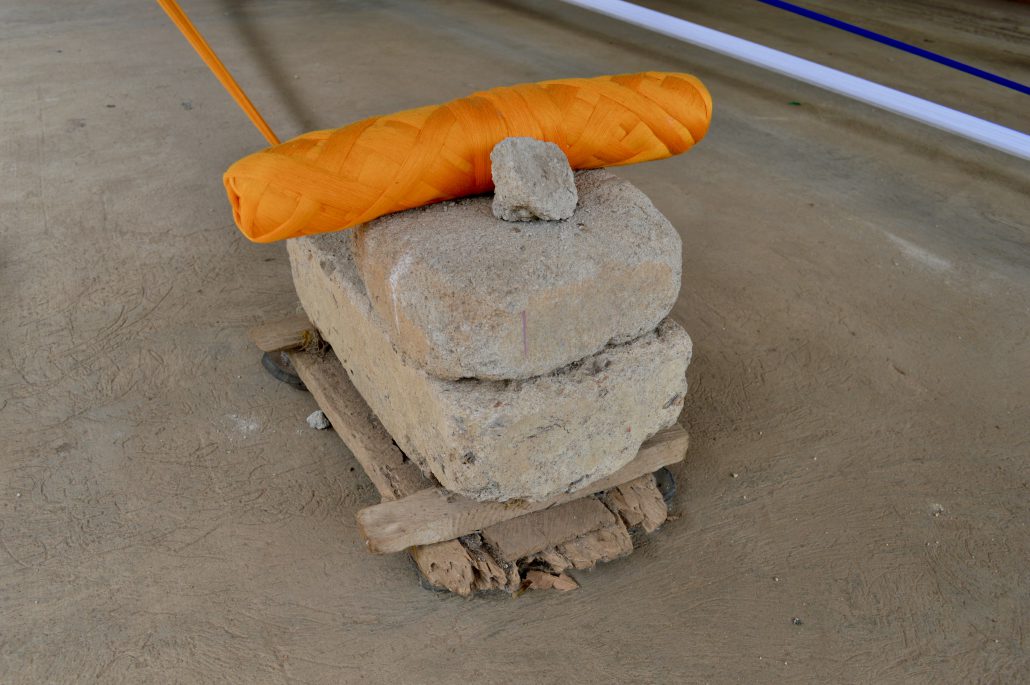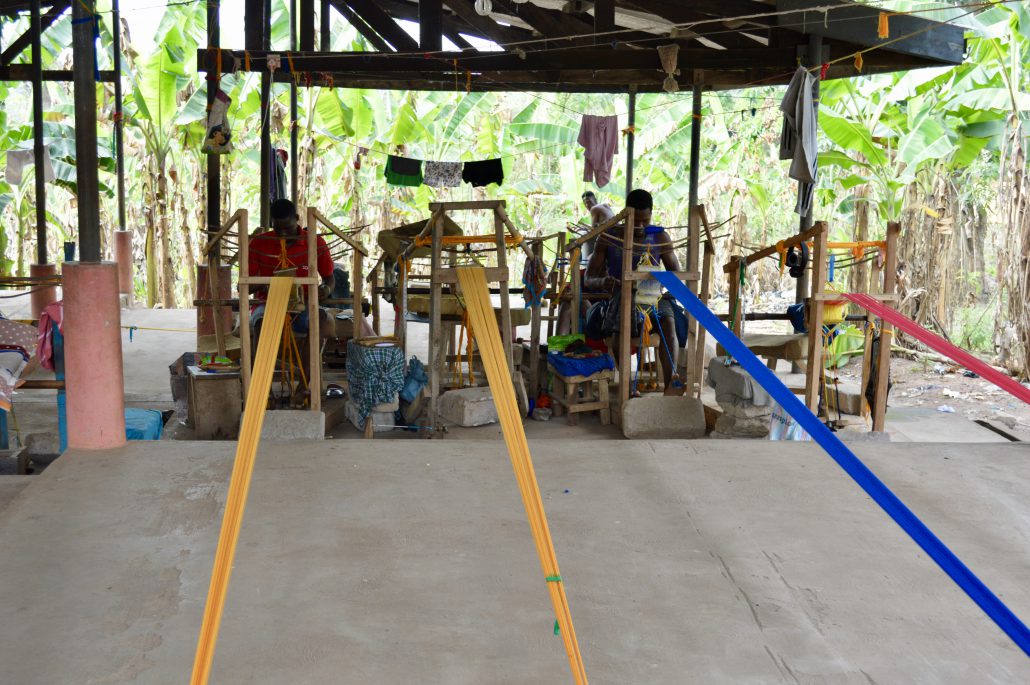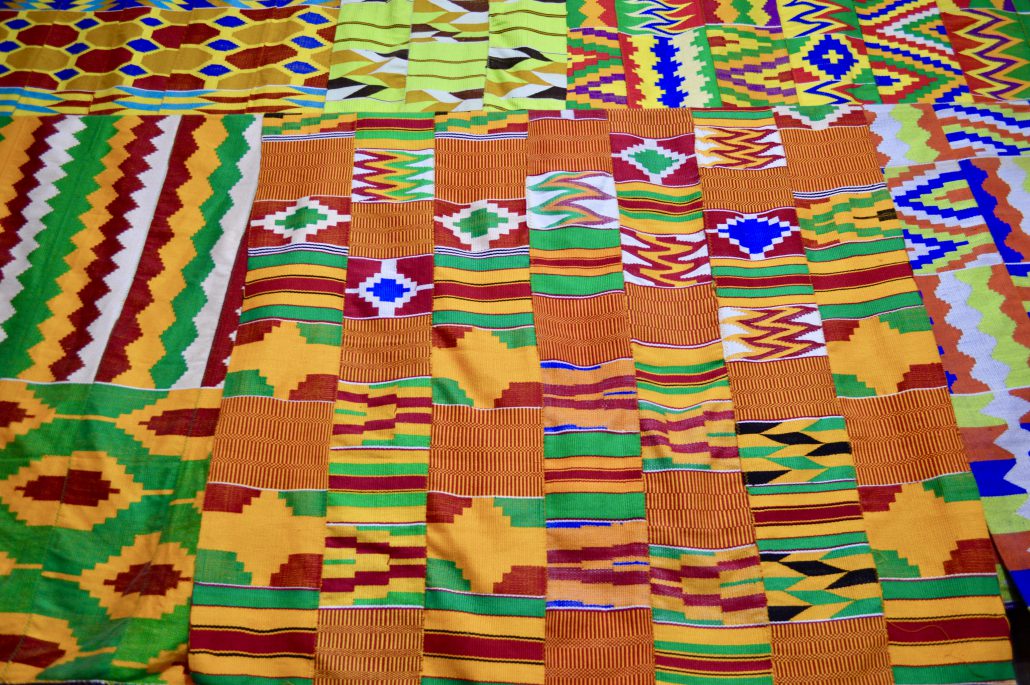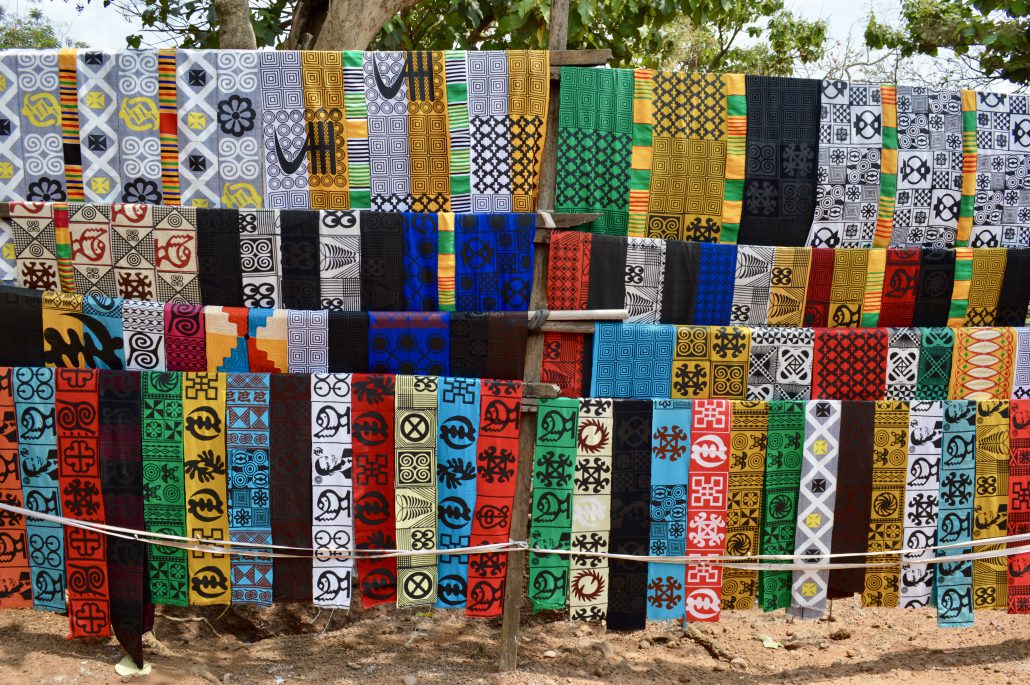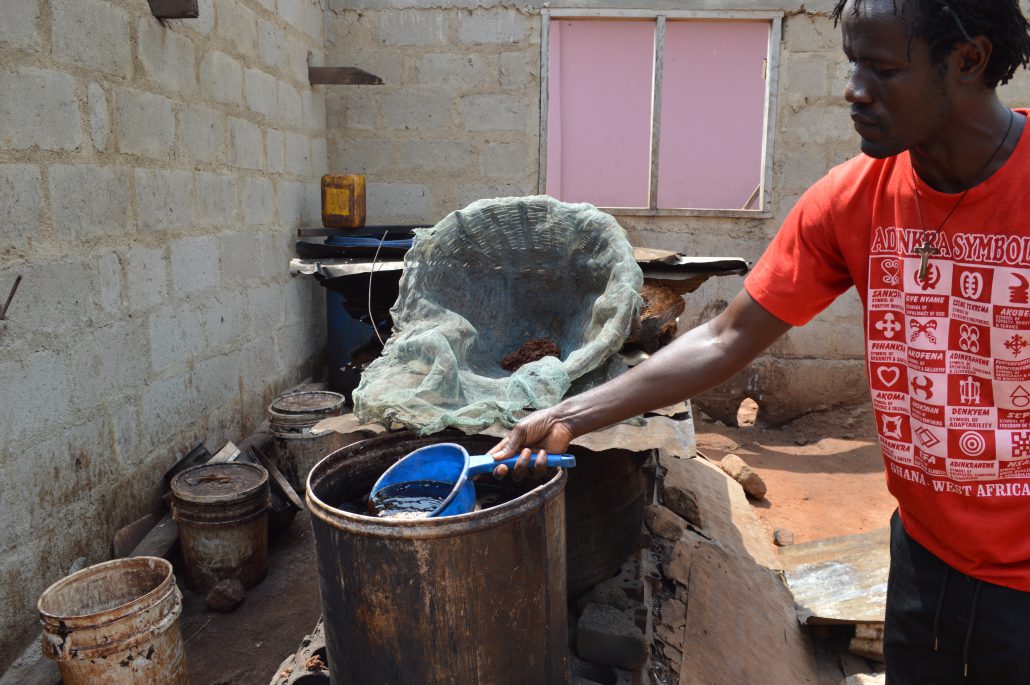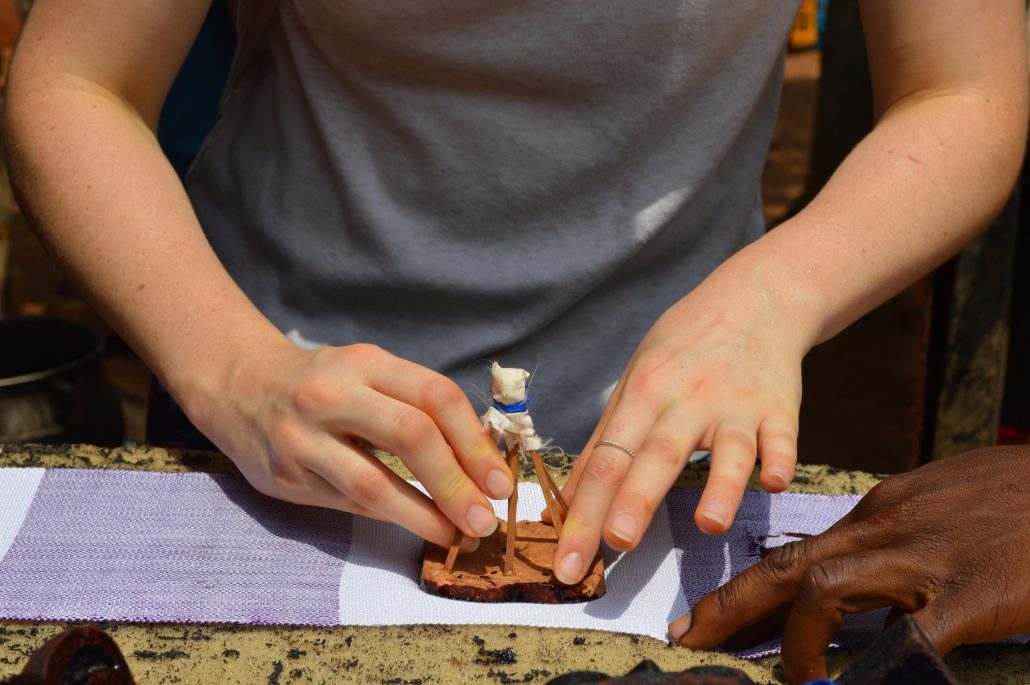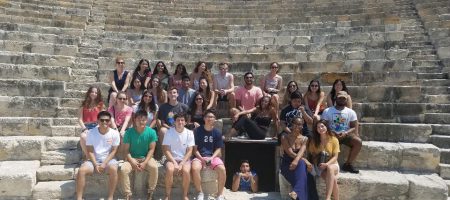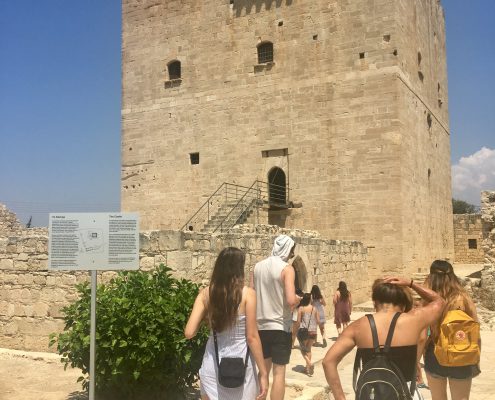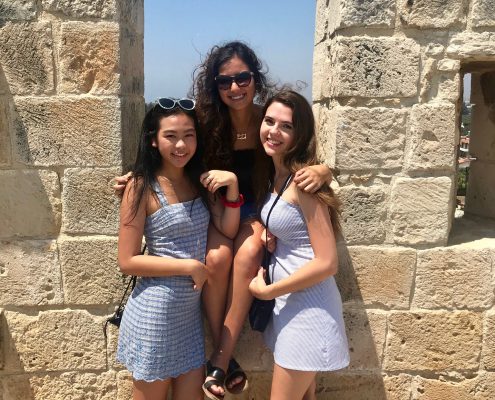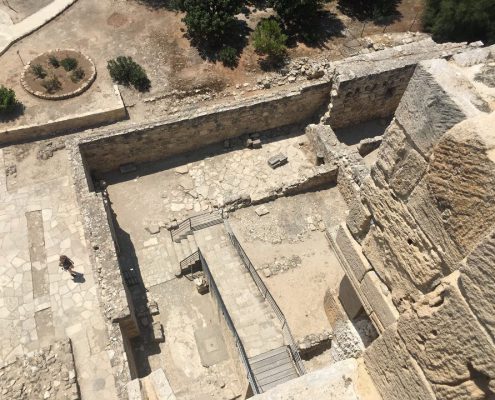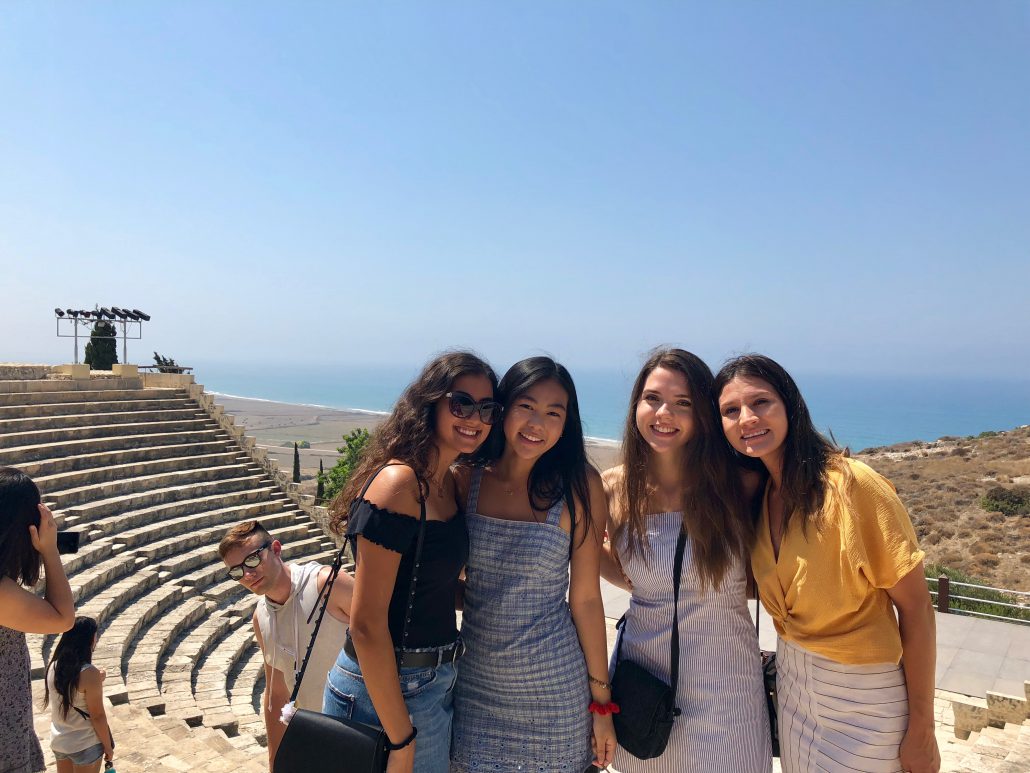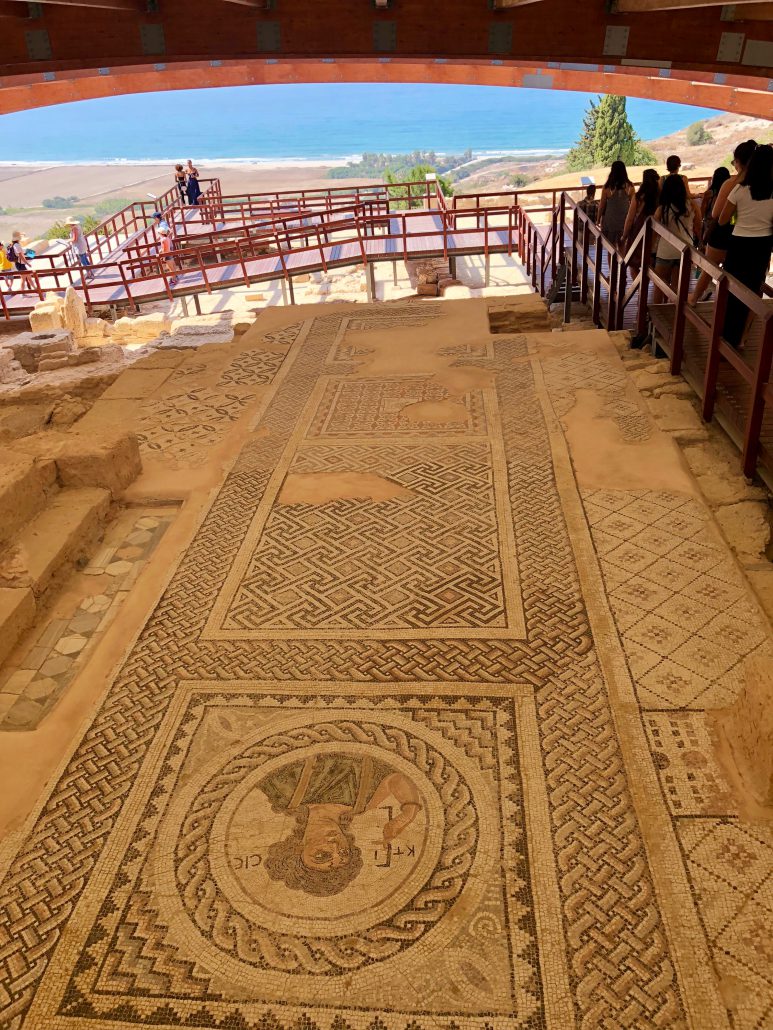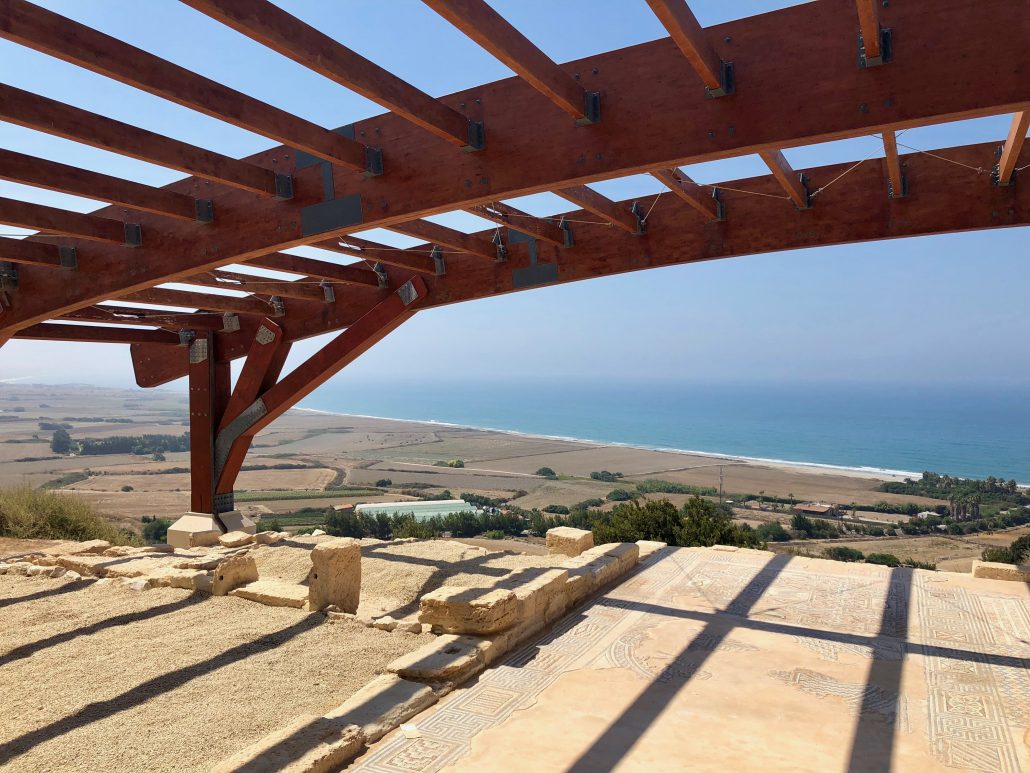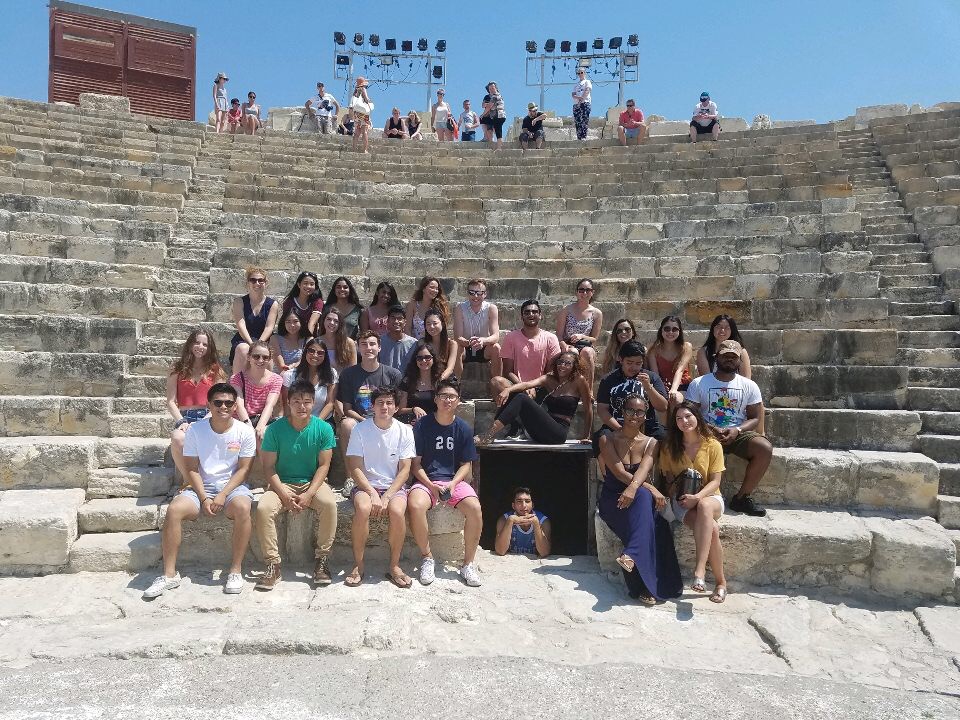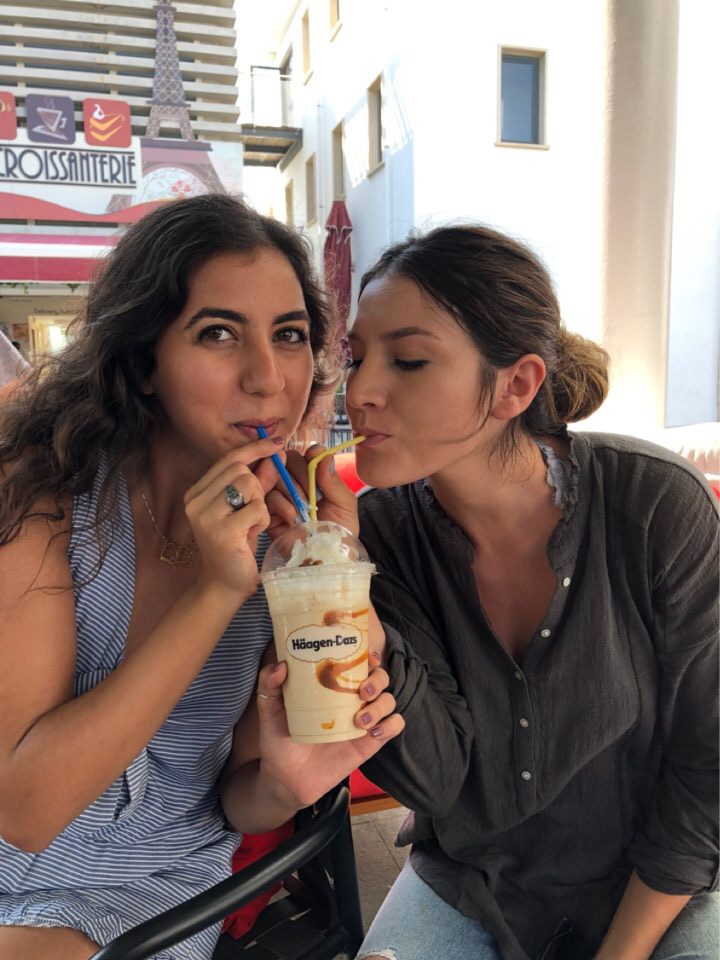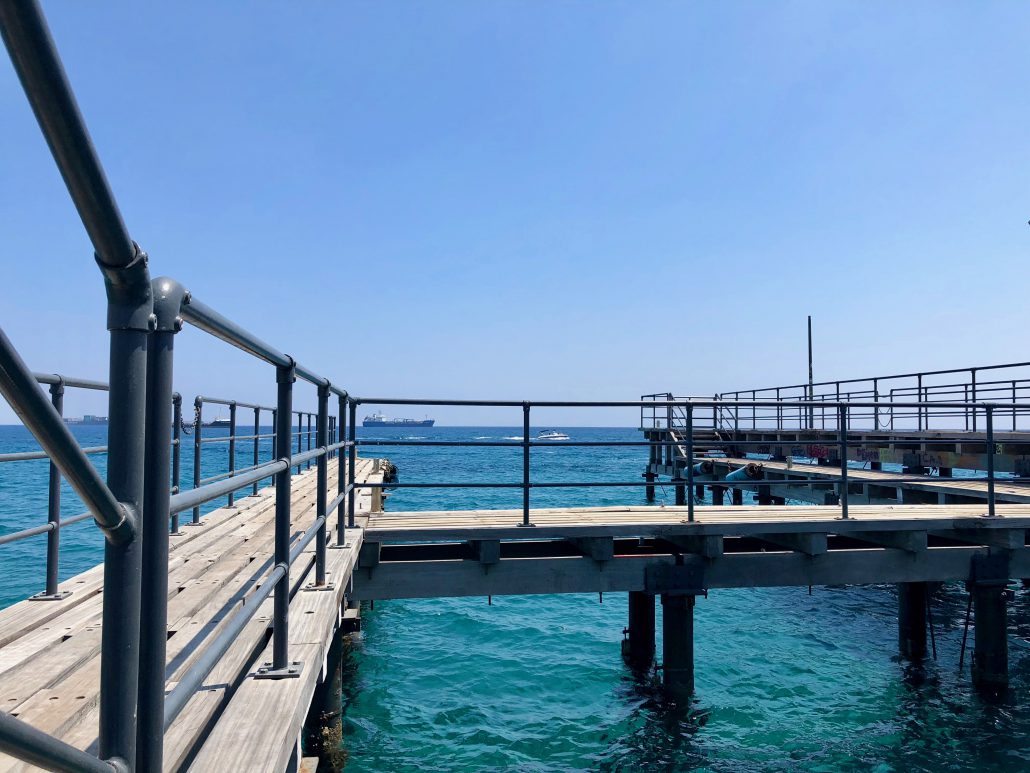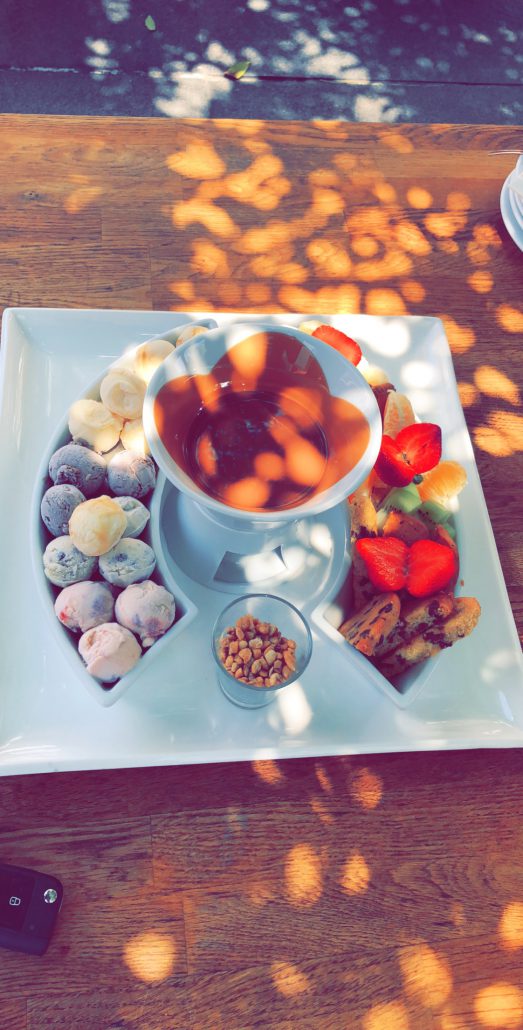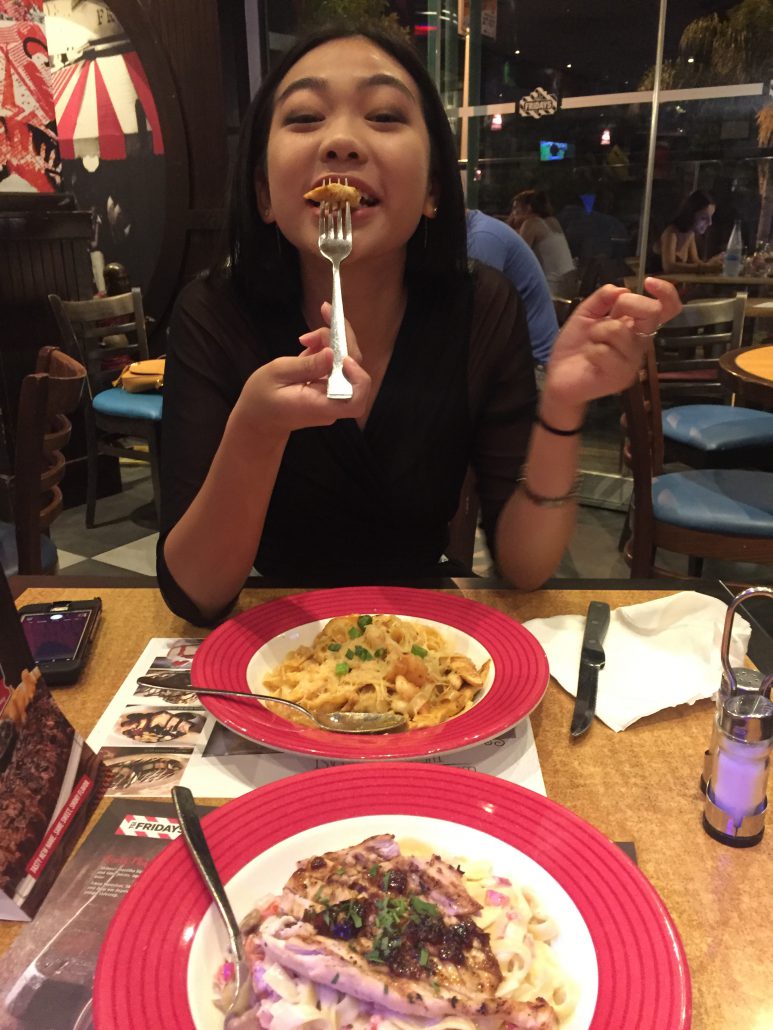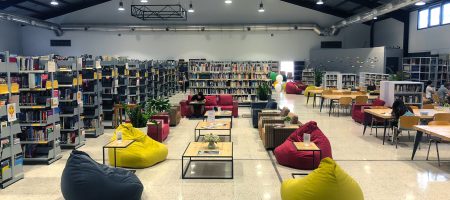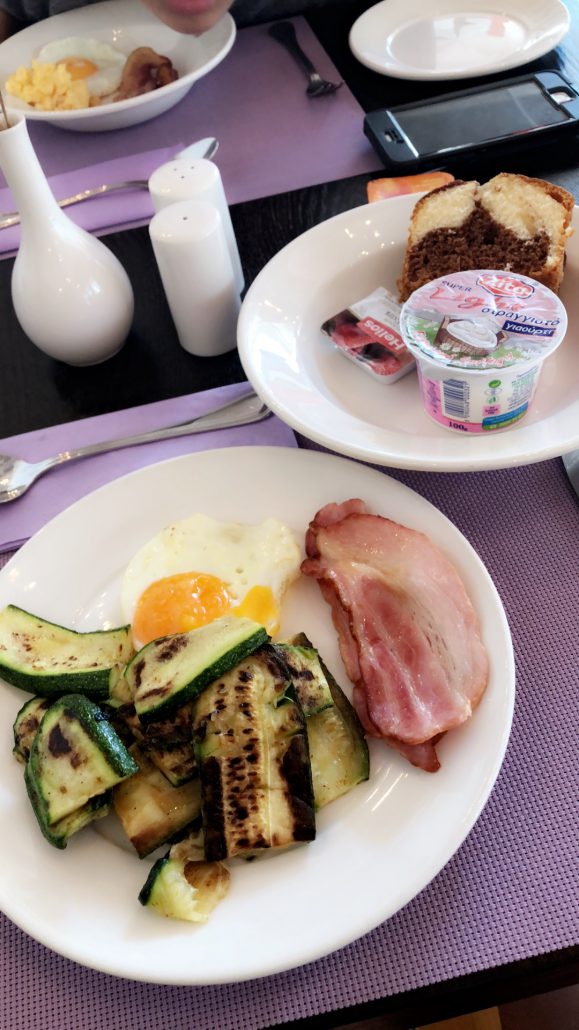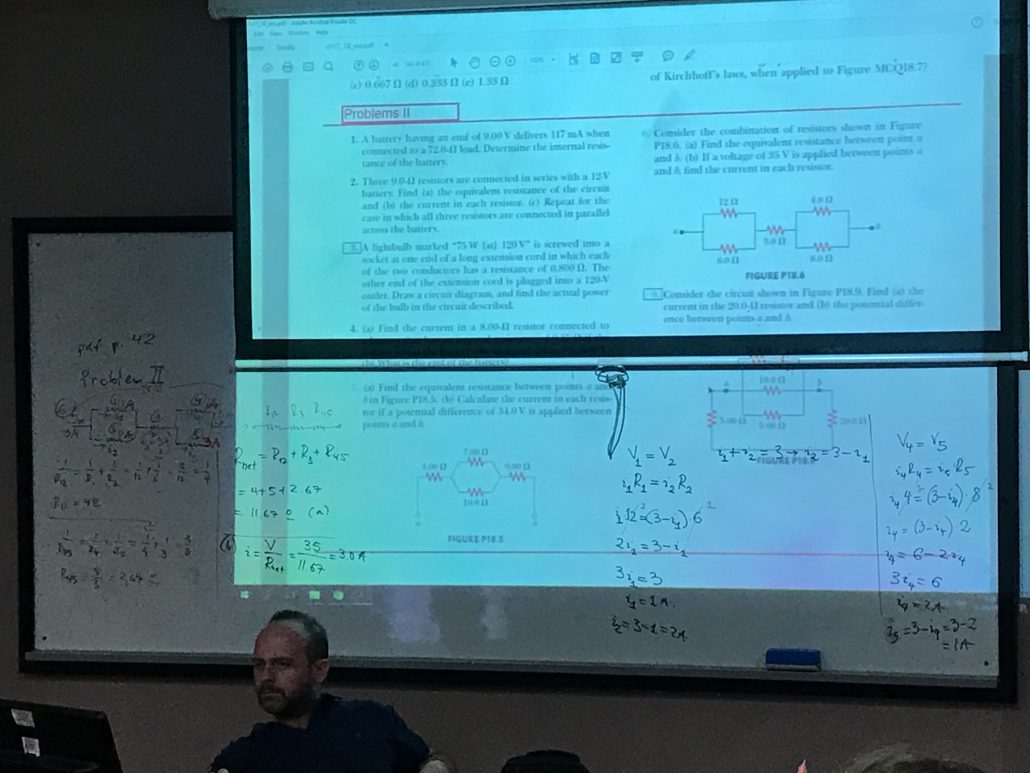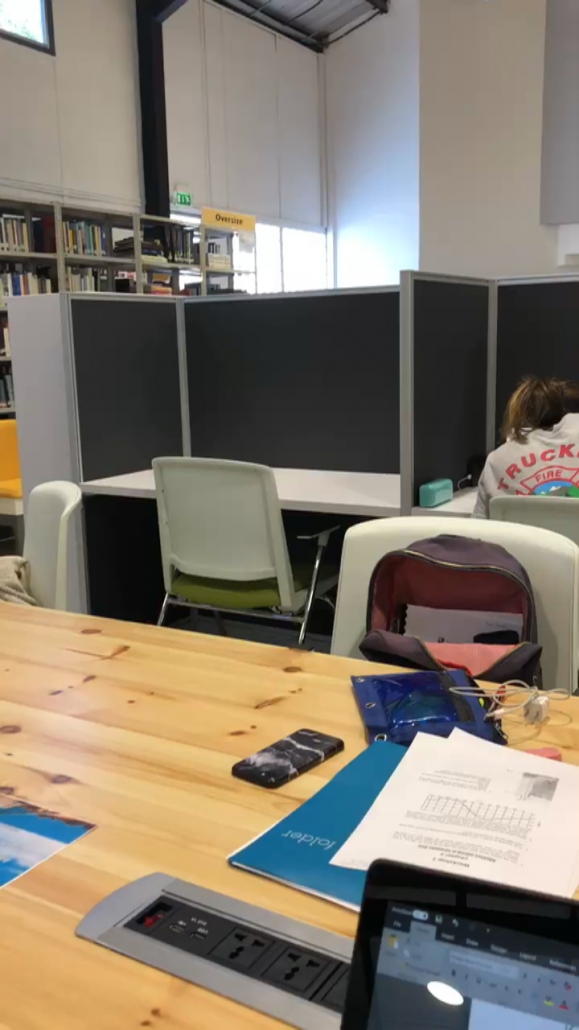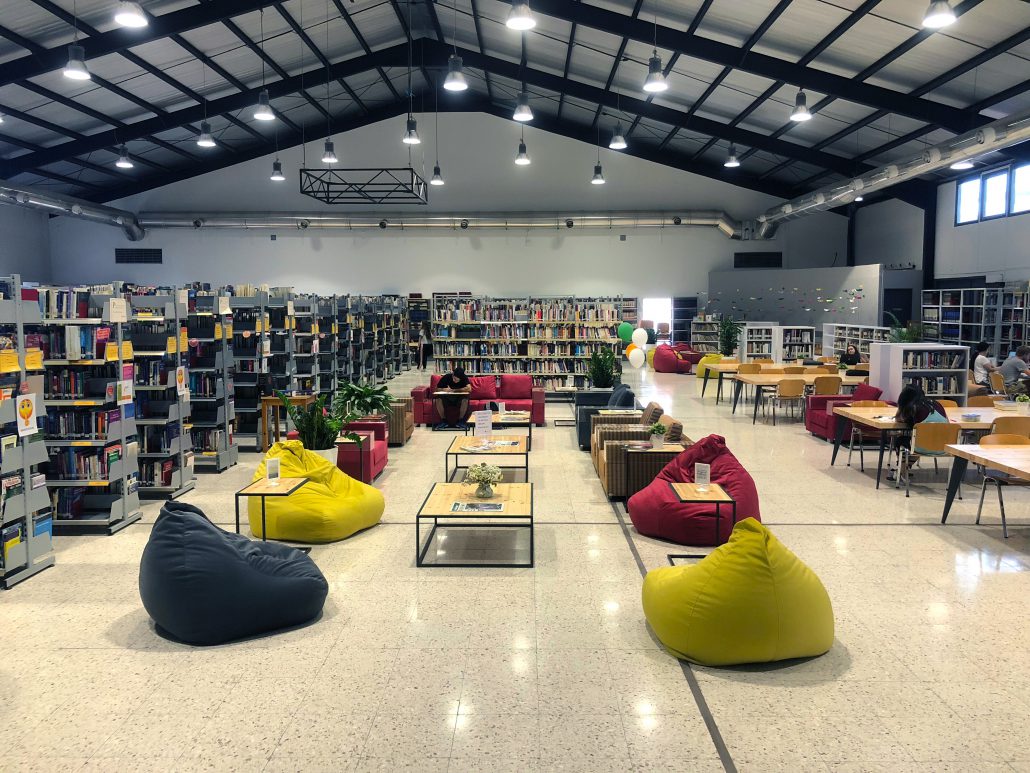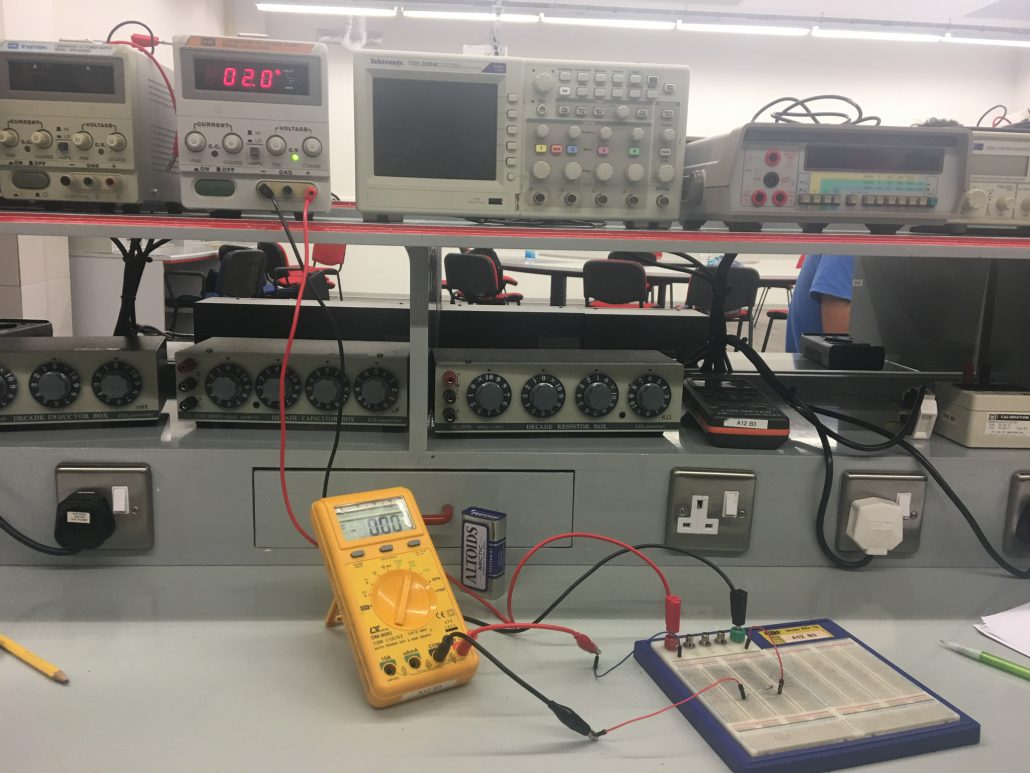South Africa | 21st Birthday in Namibia
BY KELLI HAMILTON
Turning 21 is special in many cultures, and South Africa is no different. My birthday is on September 23rd, and in South Africa, September 24th is a national holiday, as it is National Heritage Day. Since it is a holiday, that means there is no school. This year my birthday fell on a Sunday, Monday was a day of no classes, and my Friday class was set not to occur, so I decided to do what everyone does when they are about to turn 21; I went to Namibia.
Namibia was the one country I had to visit when studying abroad in South Africa because it always intrigued me. It is so large, yet largely isolated and empty. When my 21st came around, I knew where I had to go and what I had to do. After all, how many people celebrate their 21 birthdays in the desert that is Namibia? A few other people in the UC program had similar situations during my birthday weekend, so four of us headed to Walvis Bay, Namibia. Upon our arrival, we collected our rent a car, and within 20 minutes we were on our way.
After driving for about five hours, we reached our destination, which was a Desert Camp. We were quickly greeted by grunting antelopes. I knew this 21st would be one to remember. The next morning, we woke up early to watch the sunrise. I had never seen an entire sunrise before, and let me just say, it was one of the most beautiful things I have ever witnessed. I took the moment to reflect on my 20 years of life and what I hoped the new age of 21 would bring. Shortly after, we commenced our drive to ‘Big Daddy Dune’ and Deadvlei. When we first saw the dunes, we thought they were small so we decided to climb then. Little did we know they were never ending pits of sand. They were stunning though, so it was absolutely worth it. After taking a safari jeep out to Deadvlei, we saw the dead trees that look so picturesque in every photograph you see. Even though it was 90 degrees out, we stayed and basked in the life that we were living, before deciding we needed to be inside, in case a heat stroke struck us.
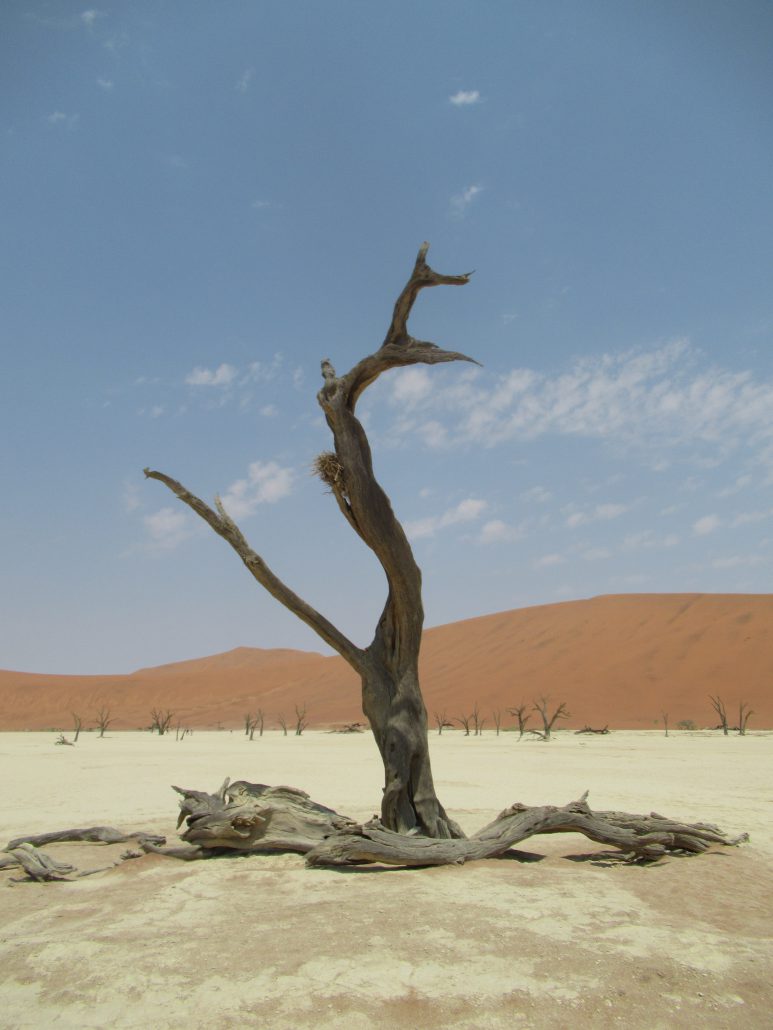
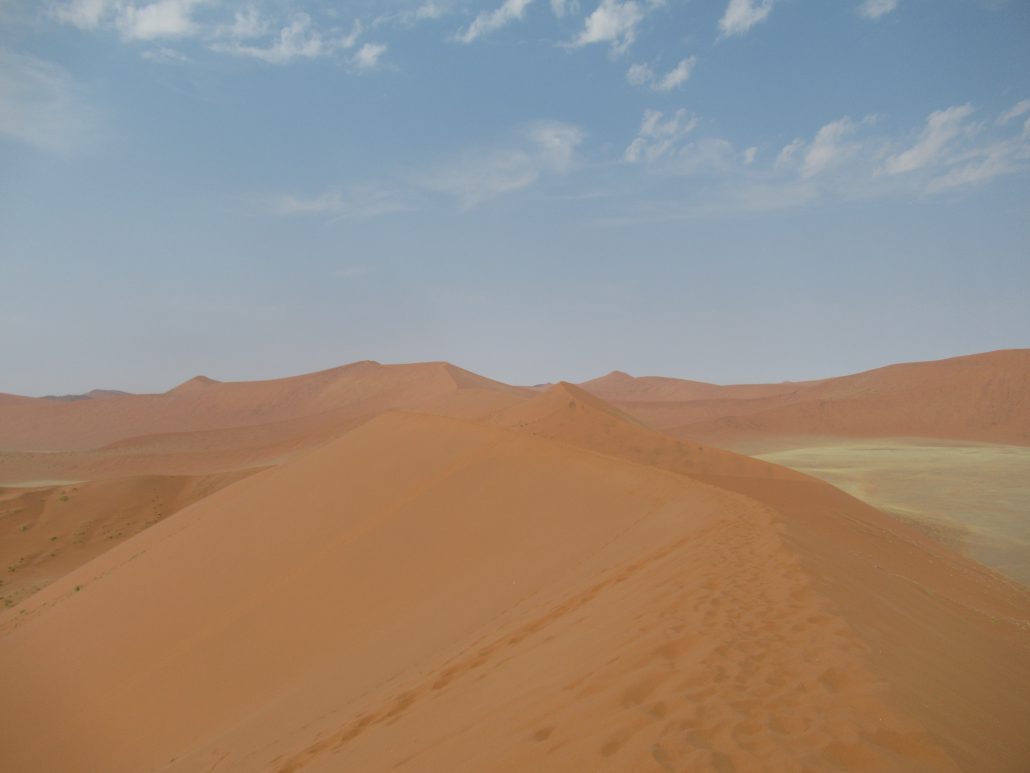
The next day was my day. I was finally 21! I rang in 21 in a tent (don’t worry it was still special), as it was being attacked by warthogs (I wish I was kidding). We decided to drive to Swakopmund, a 4 hour drive from where we were staying, but not without stopping at the Tropic of Capricorn on our way. We went ATV racing and sand boarding for my birthday in Swakopmund. The last time I had driven an ATV was in Johannesburg with my dad years ago, so everything was coming full circle. In the evening I got dinner by myself, reflecting again, and talked with friends and family members. To top of my birthday celebration, however, I did the coolest thing I think I have ever attempted. I WENT SKYDIVING. Getting to see Namibia and its’ incredibly unique landscape from the sky was wicked. Also, my guide somersaulted out of the airplane! You have not truly lived until a plane door opens when you are 10,000 feet in the sky and the only choice you have is to jump out of a plane. It was so amazing and words will not truly describe the experience I had. To make it even better, since the group I came with did not want to go skydiving, I went with a Danish woman and another American woman that I met at the hostel we were staying in. They were the sweetest people and after we went to dinner with a Spanish-German pilot and the guy in charge of the hostel. I had the best garlic steak and we all shared dessert. Subsequently, we played a game by the campfire until 2am.
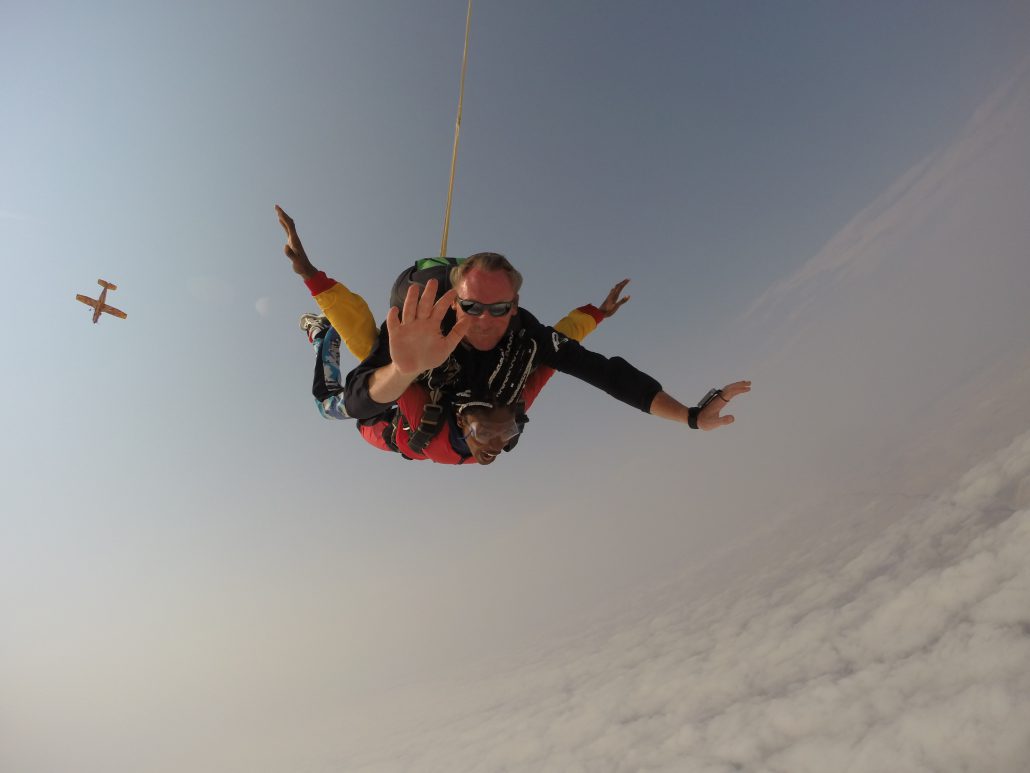
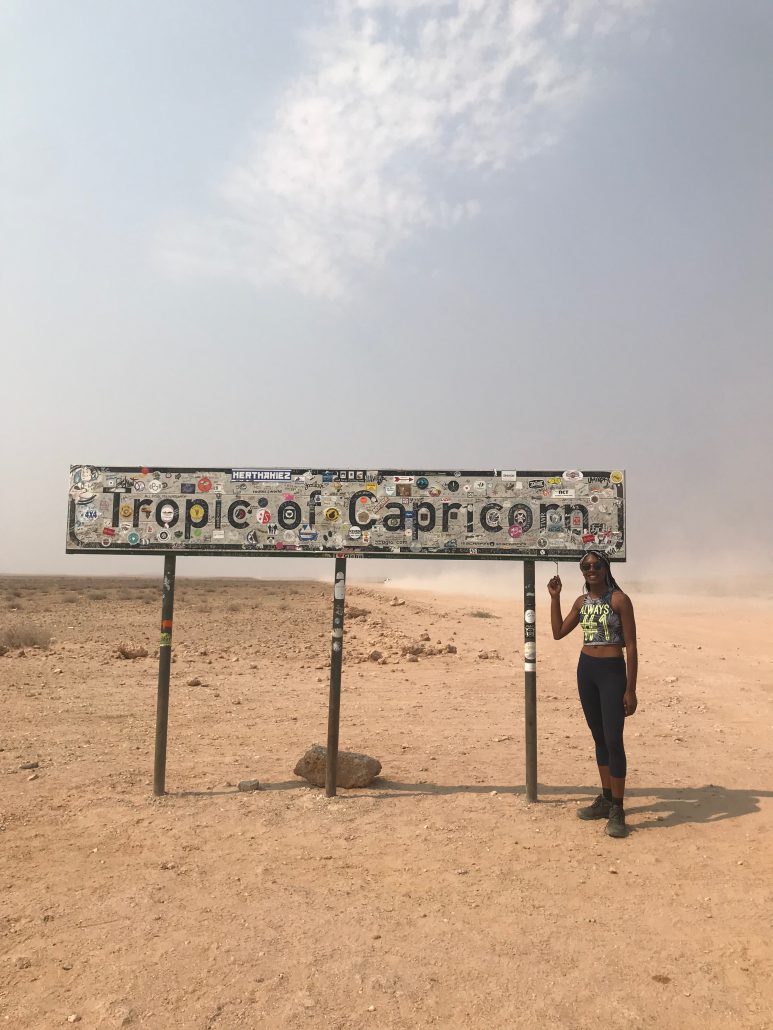
Since Namibia was my special time, my crew went back to UCT, while I stayed an extra day. With that day, I kayaked with seals and dolphins in Walvis Bay. I met a lot of cool people and touched seals! Namibia was an experience to remember, as was my 21st, and I will always cherish it as a place of good vibes, friendly people, and once in a lifetime experiences.
Kelli Hamilton studied abroad in Cape Town, South Africa in 2018: http://eap.ucop.edu/OurPrograms/south_africa/Pages/univ_of_cape_town.aspx


